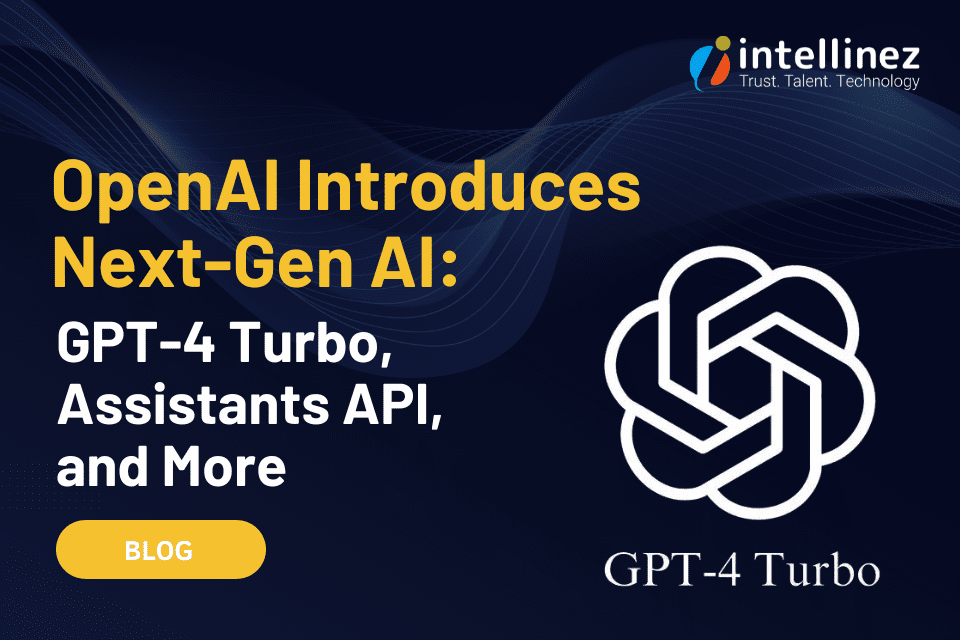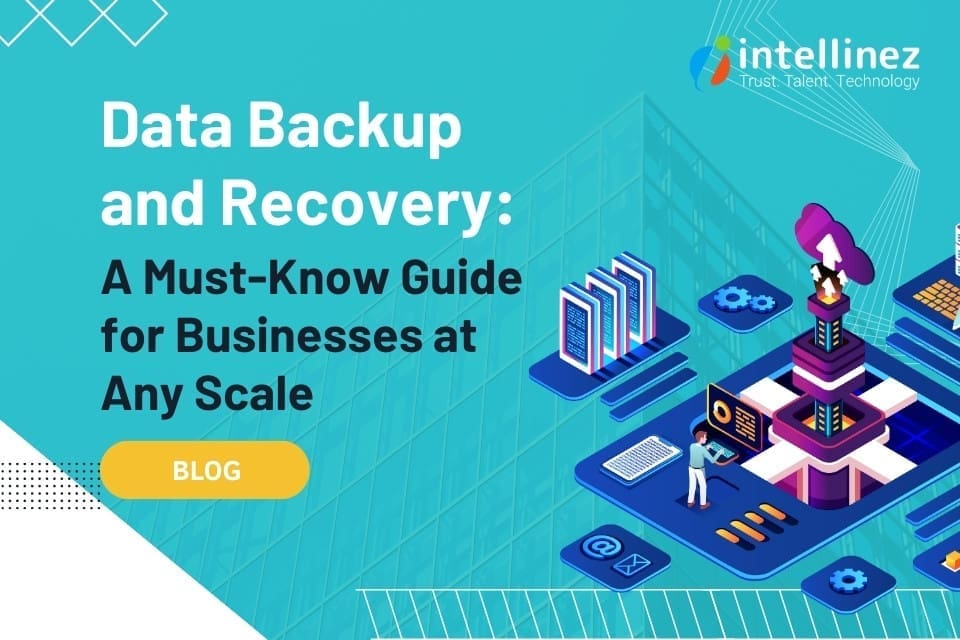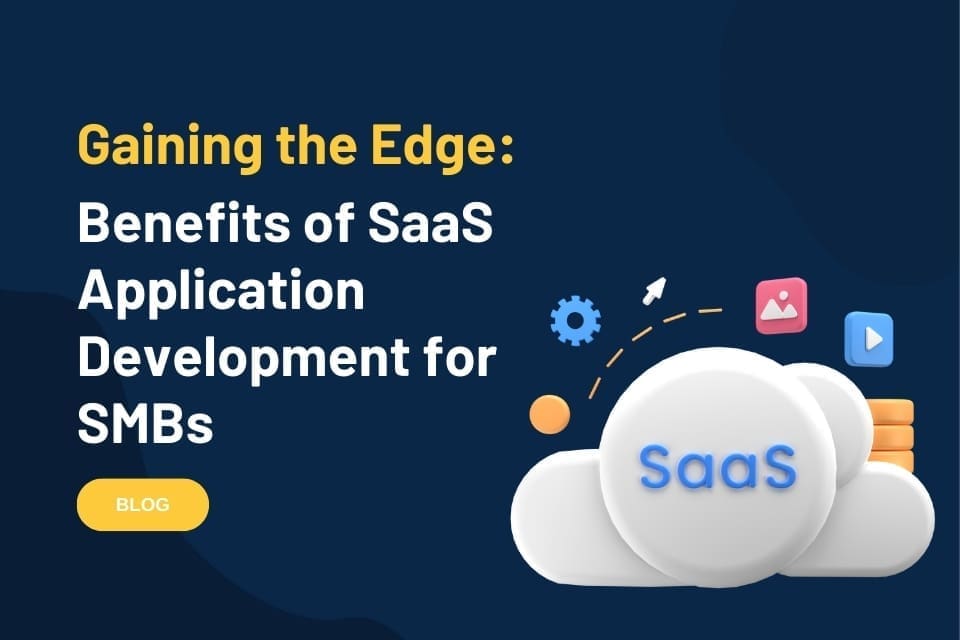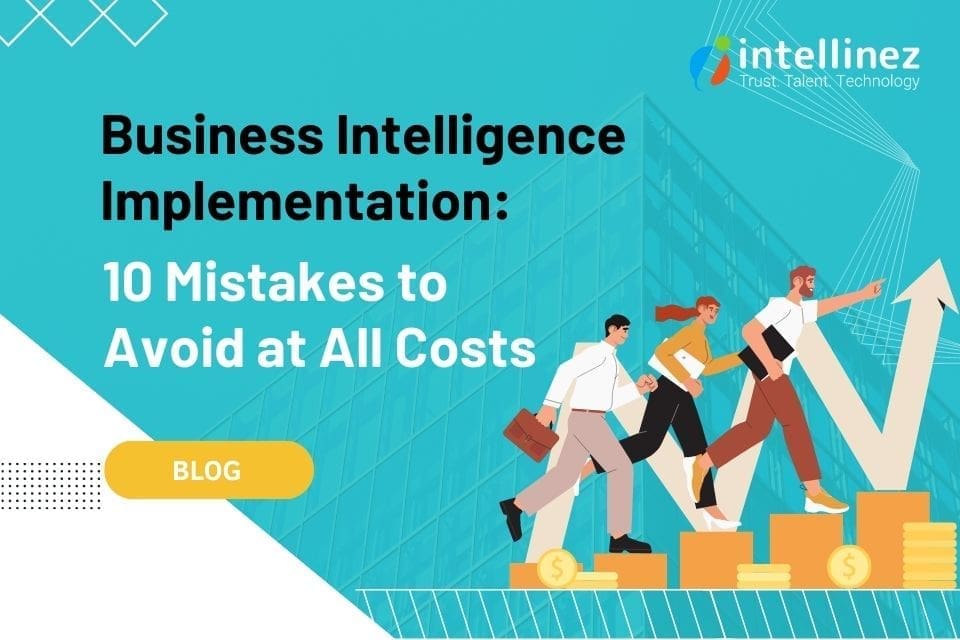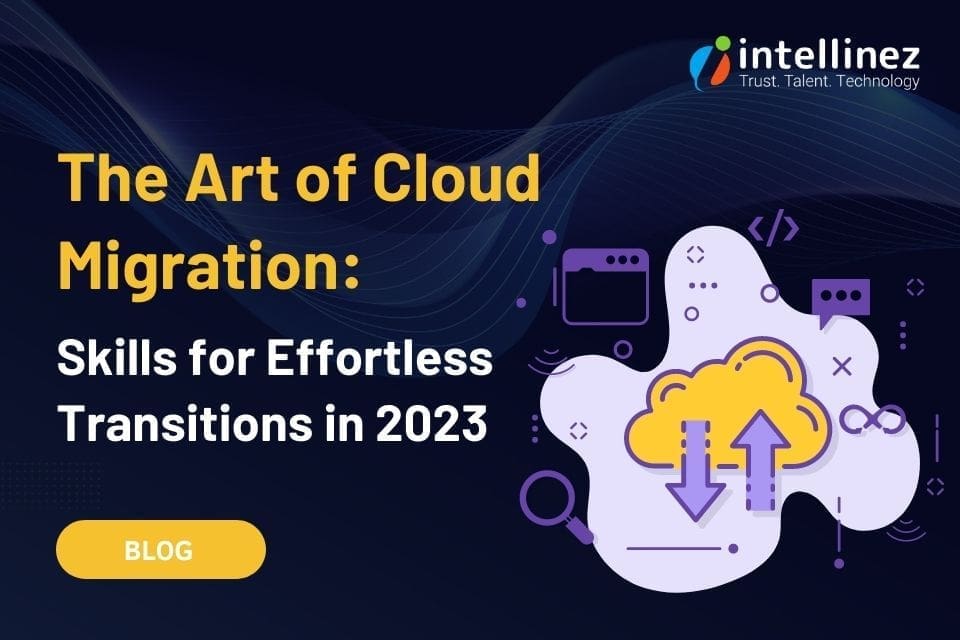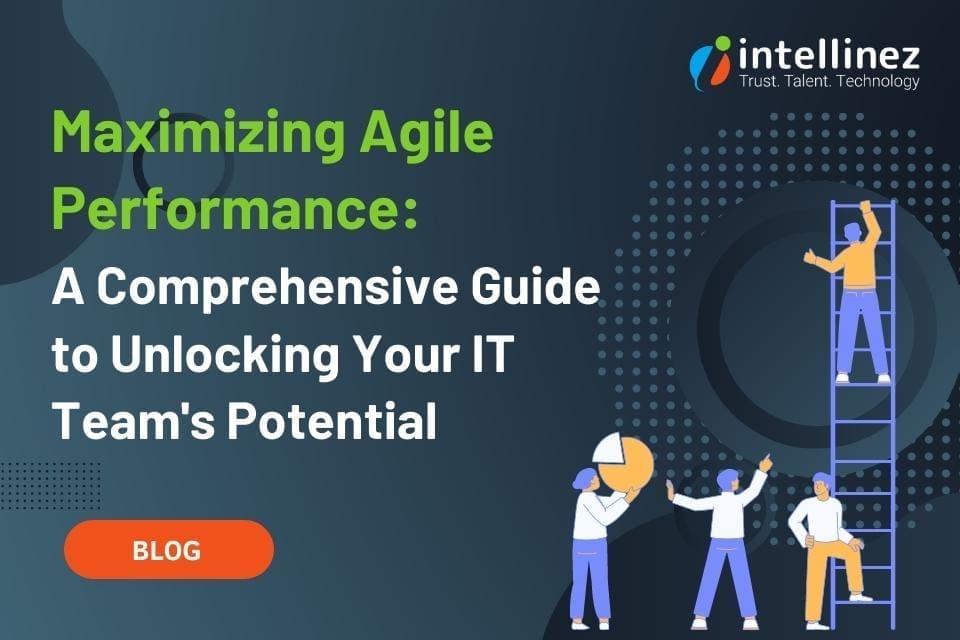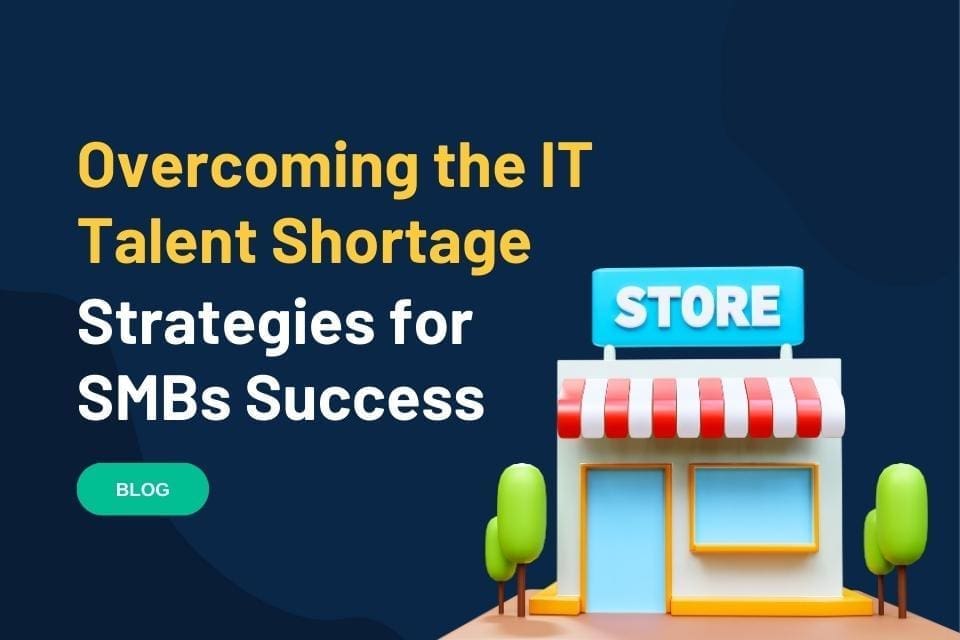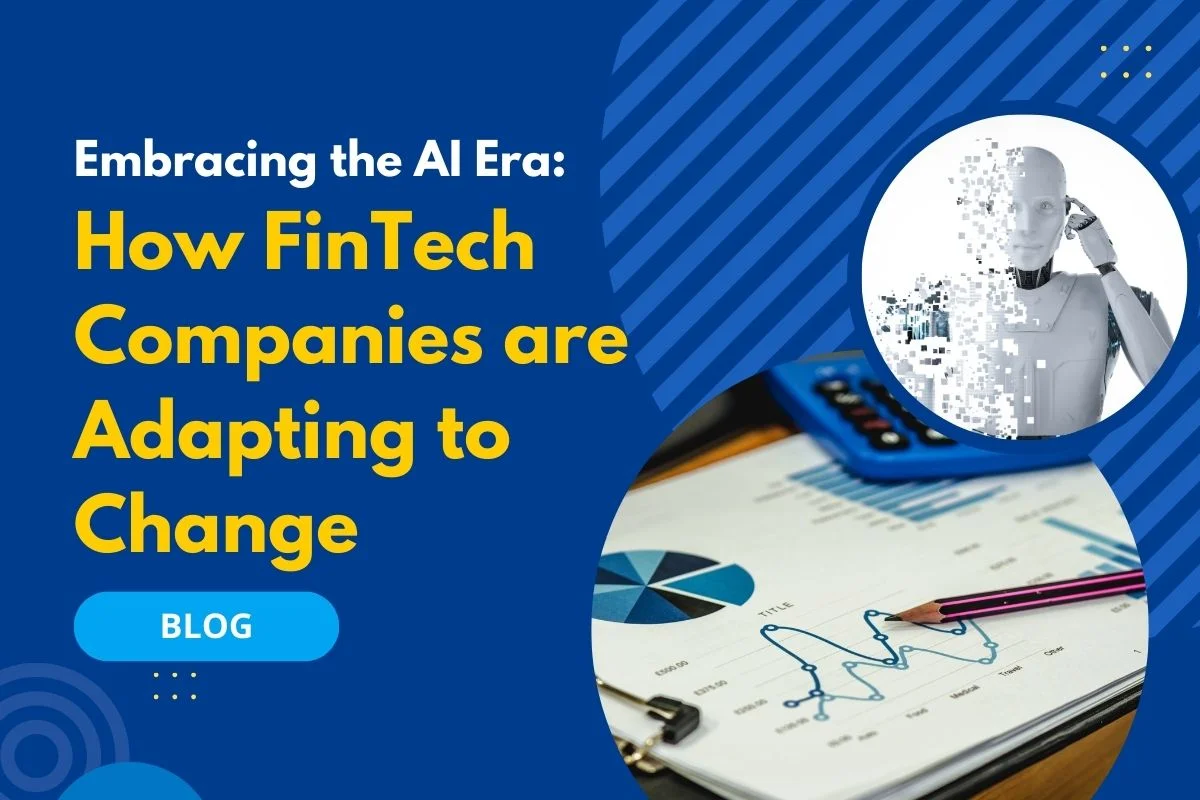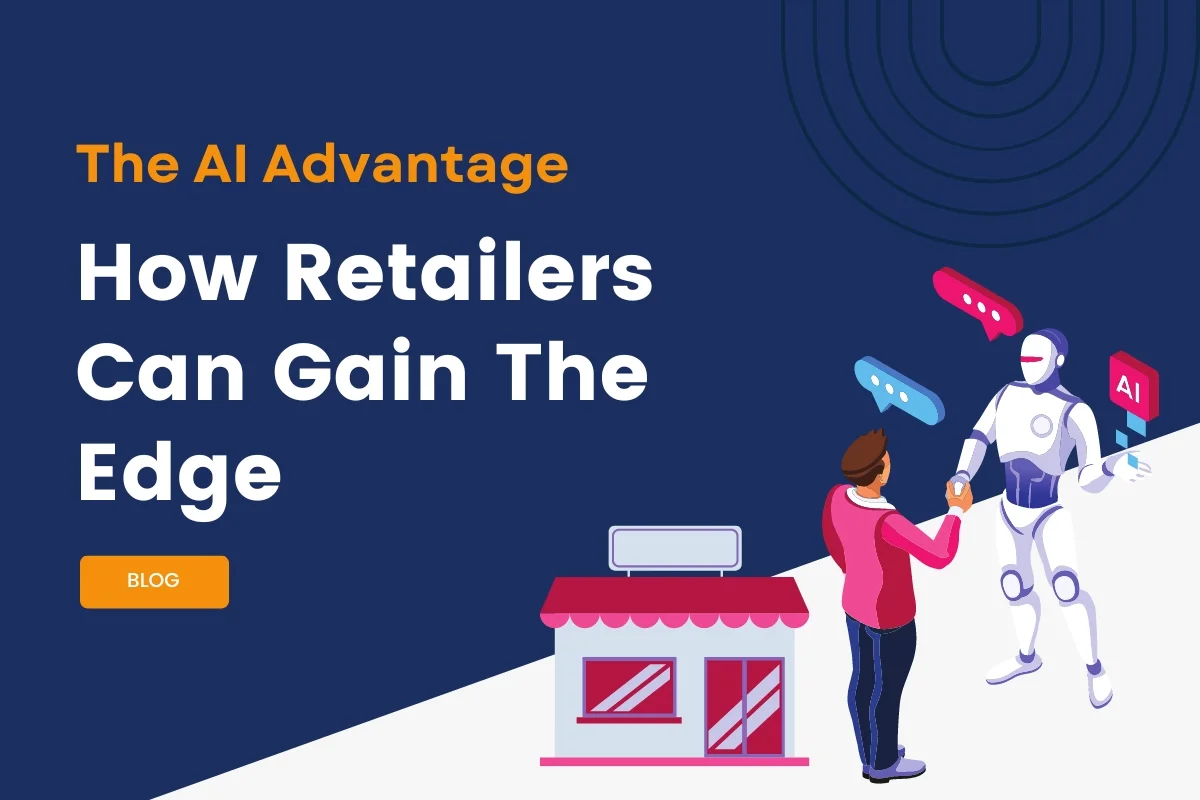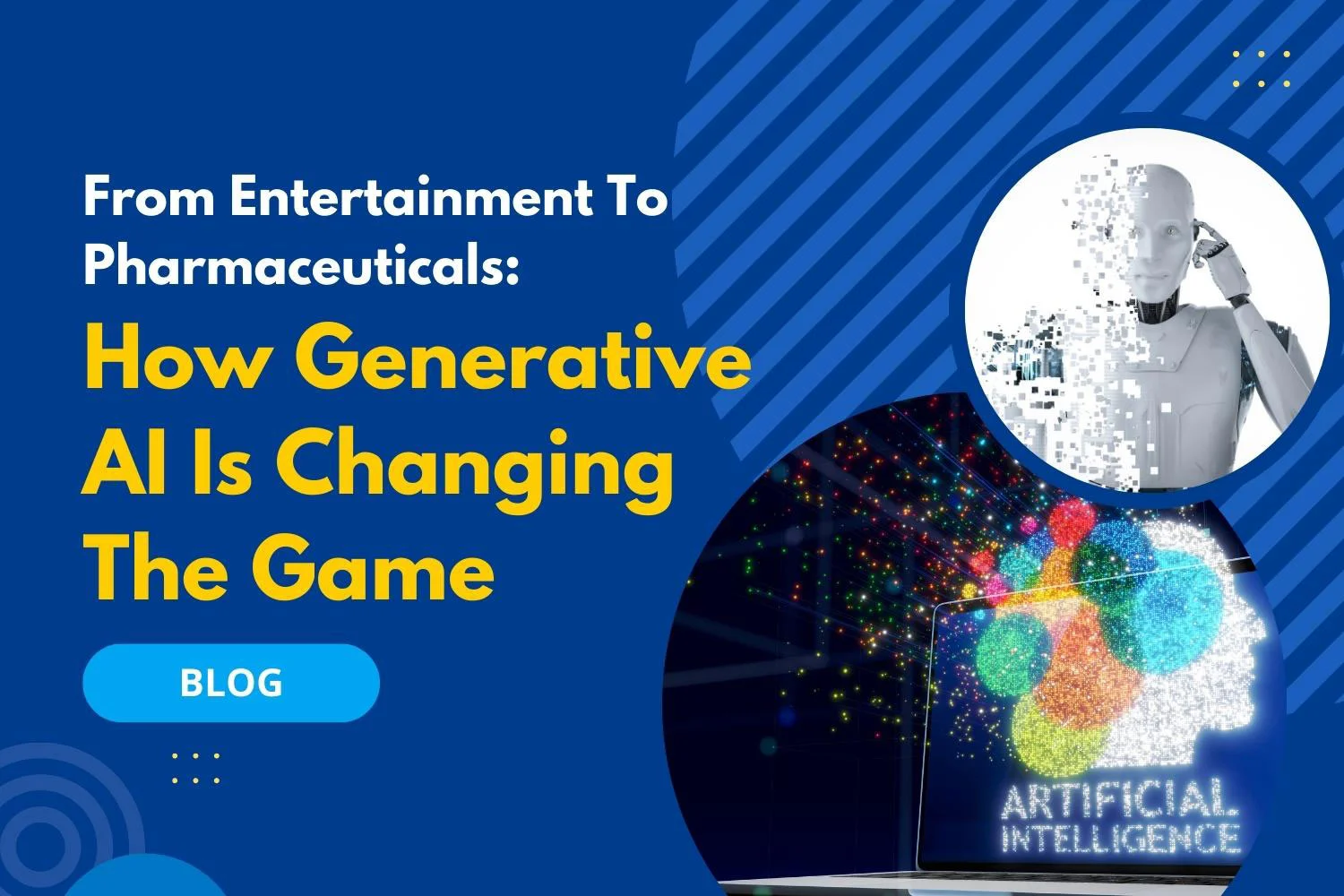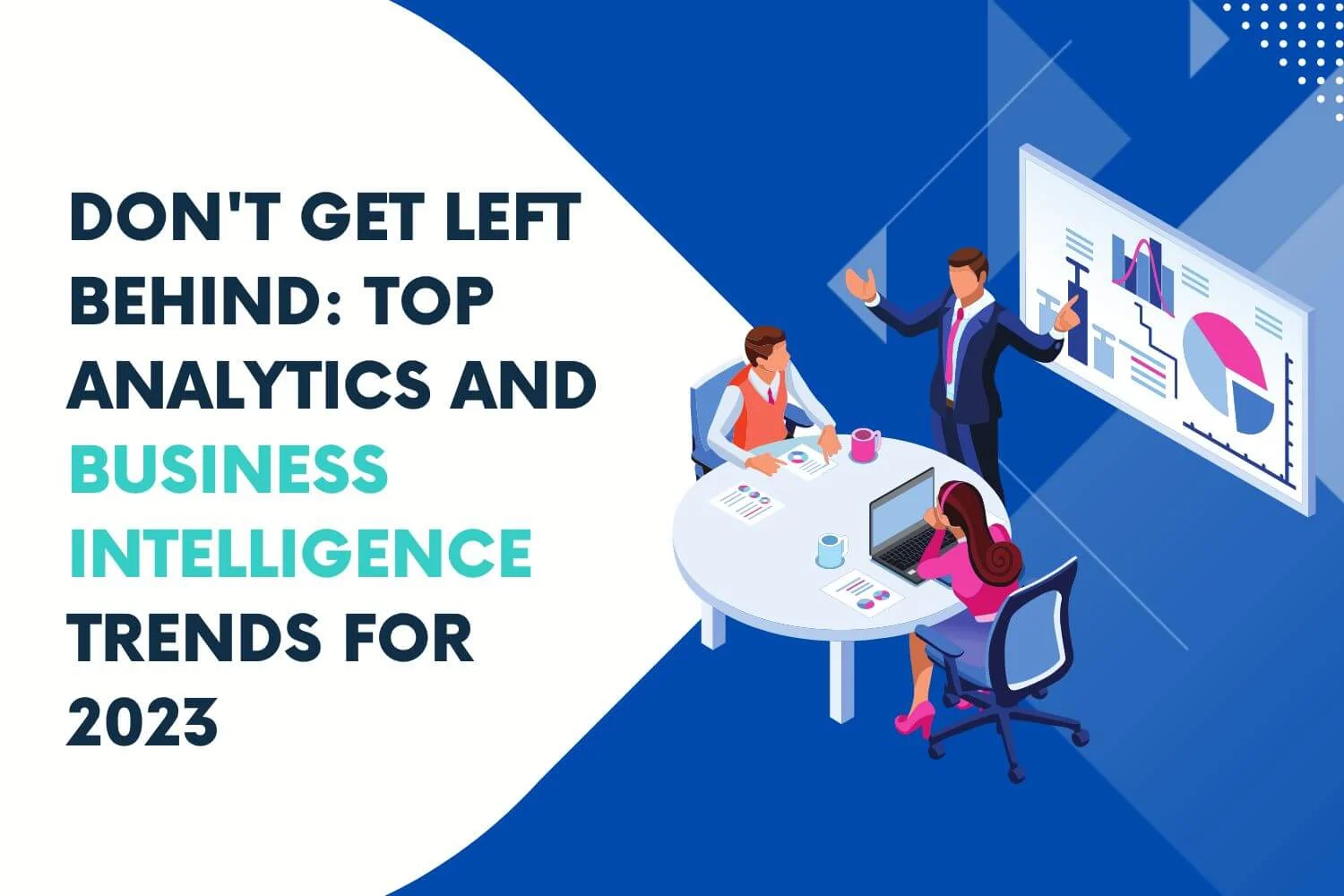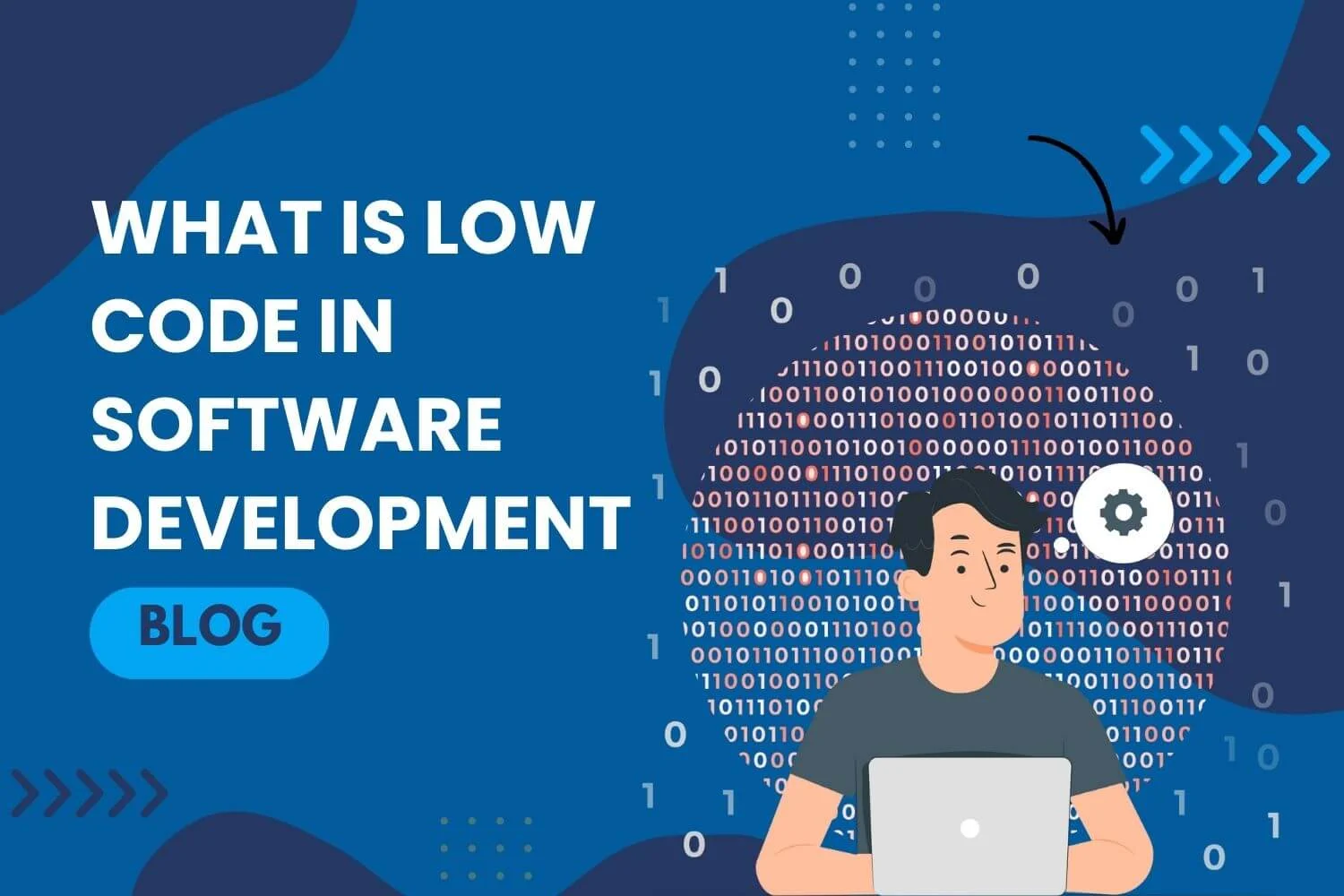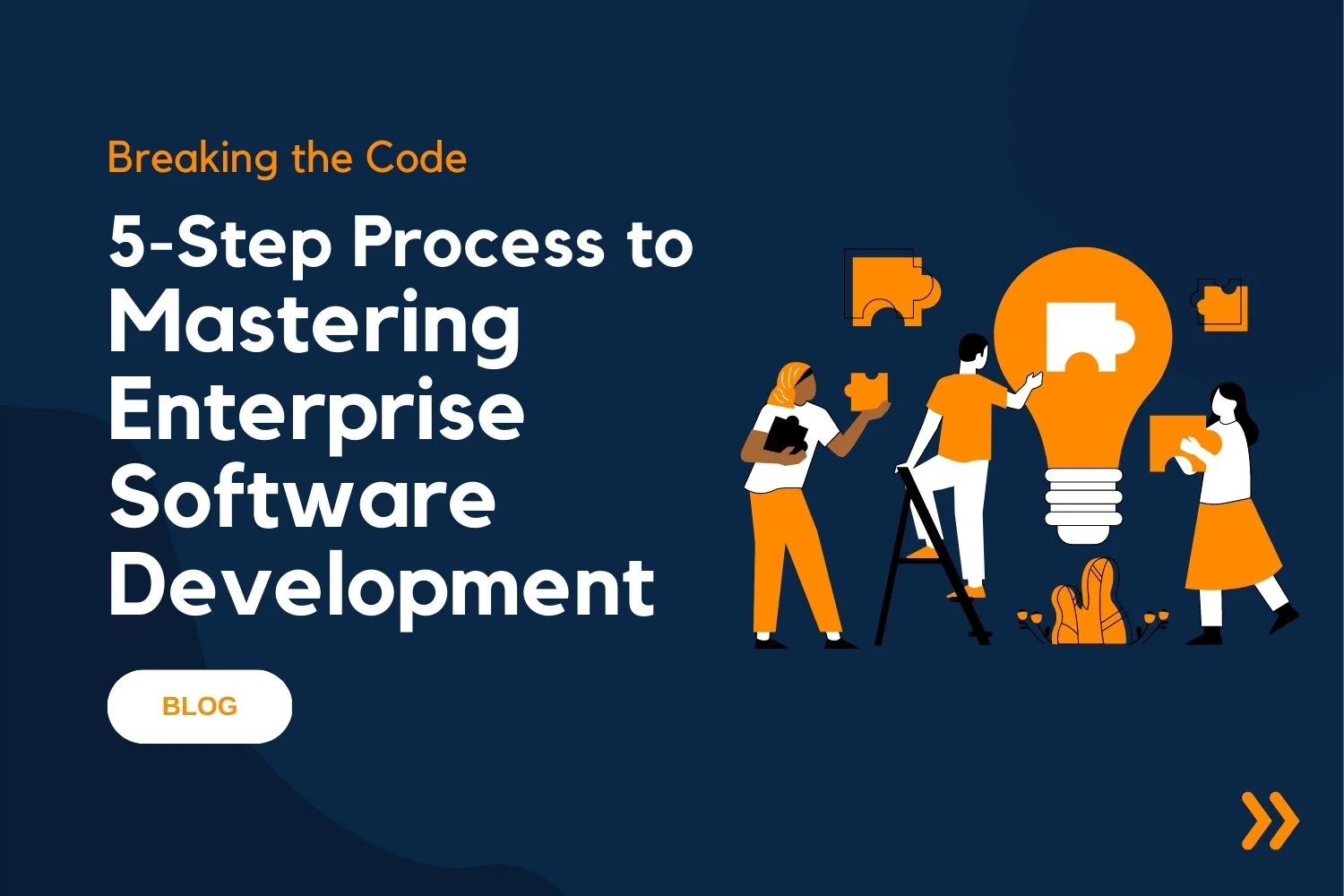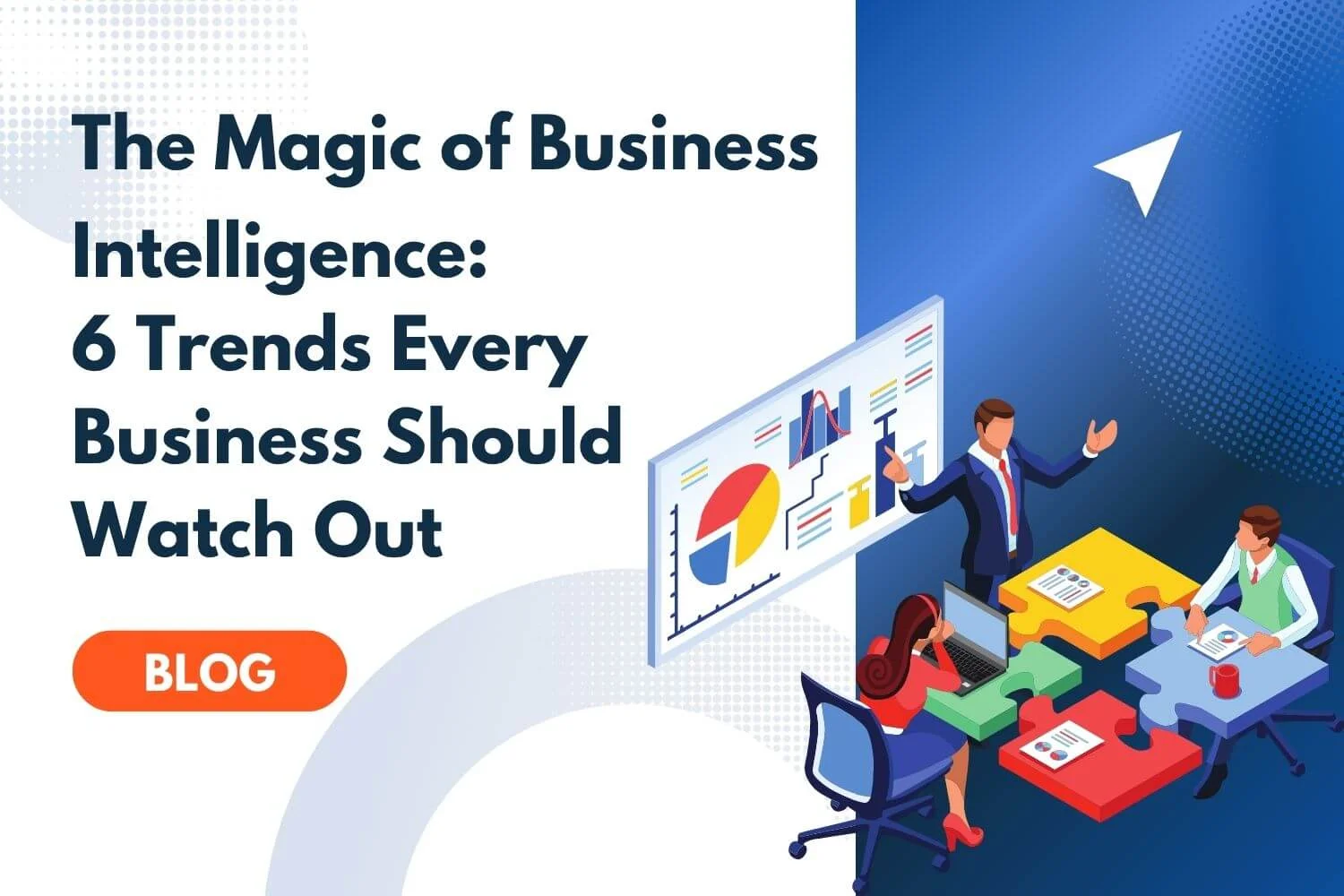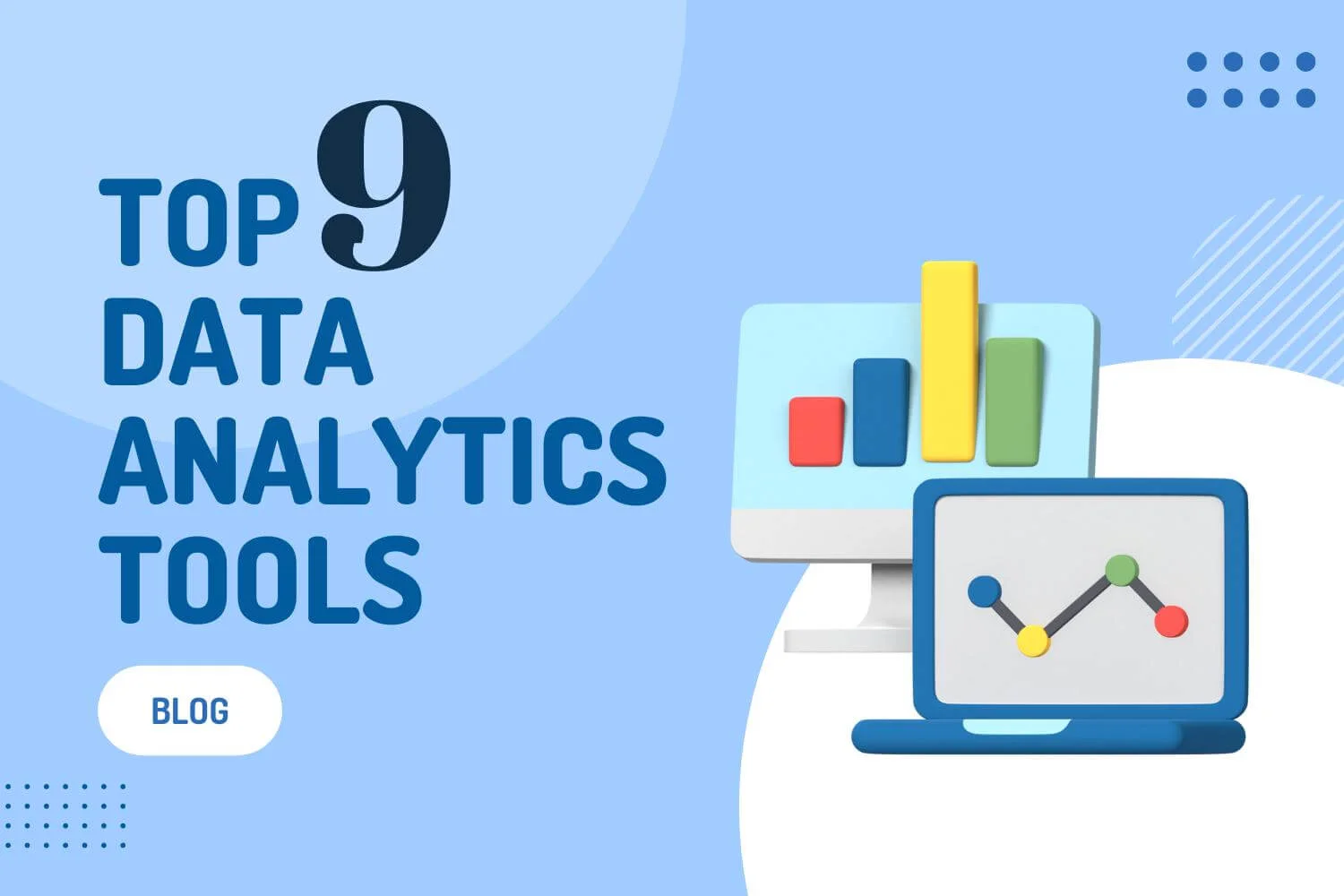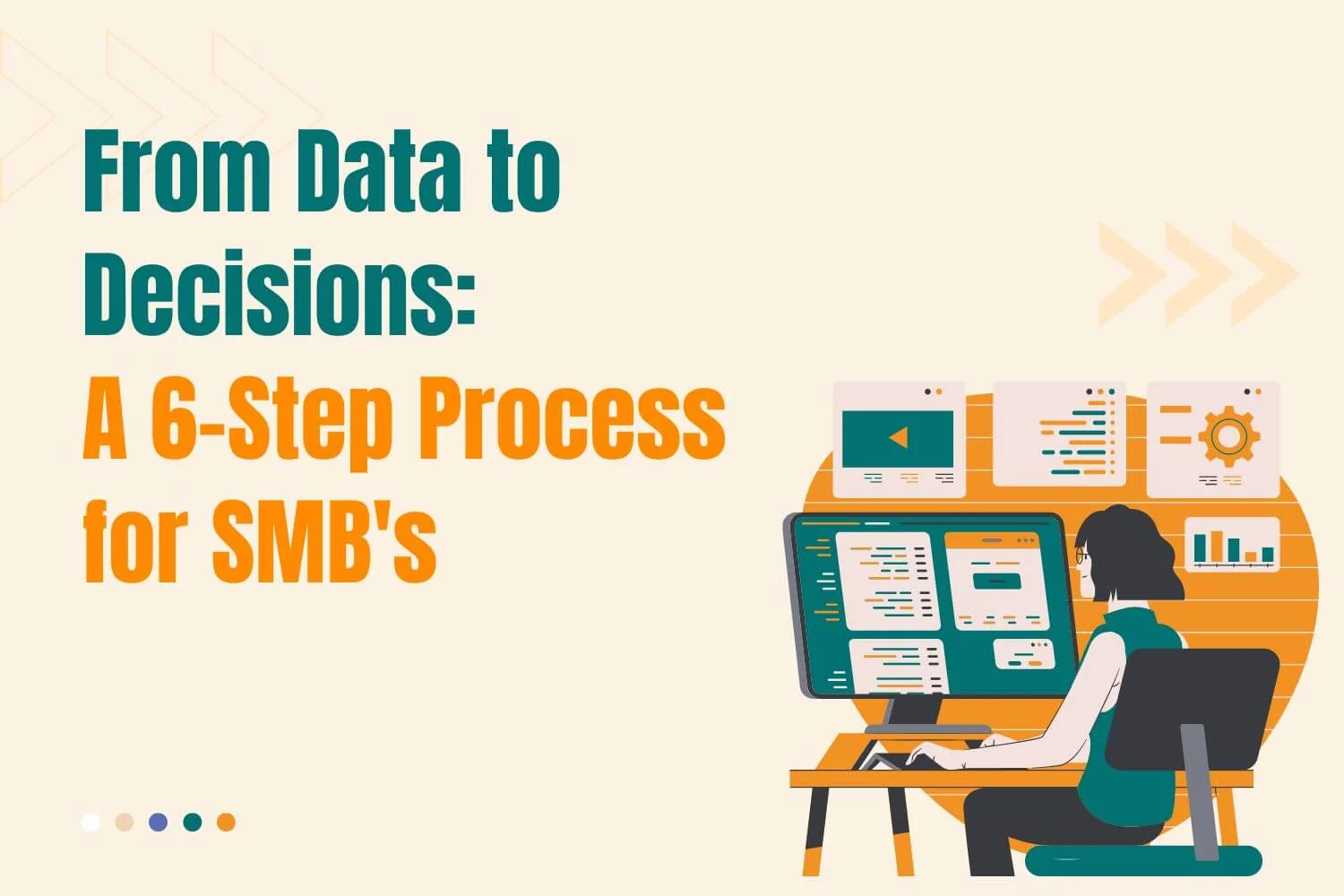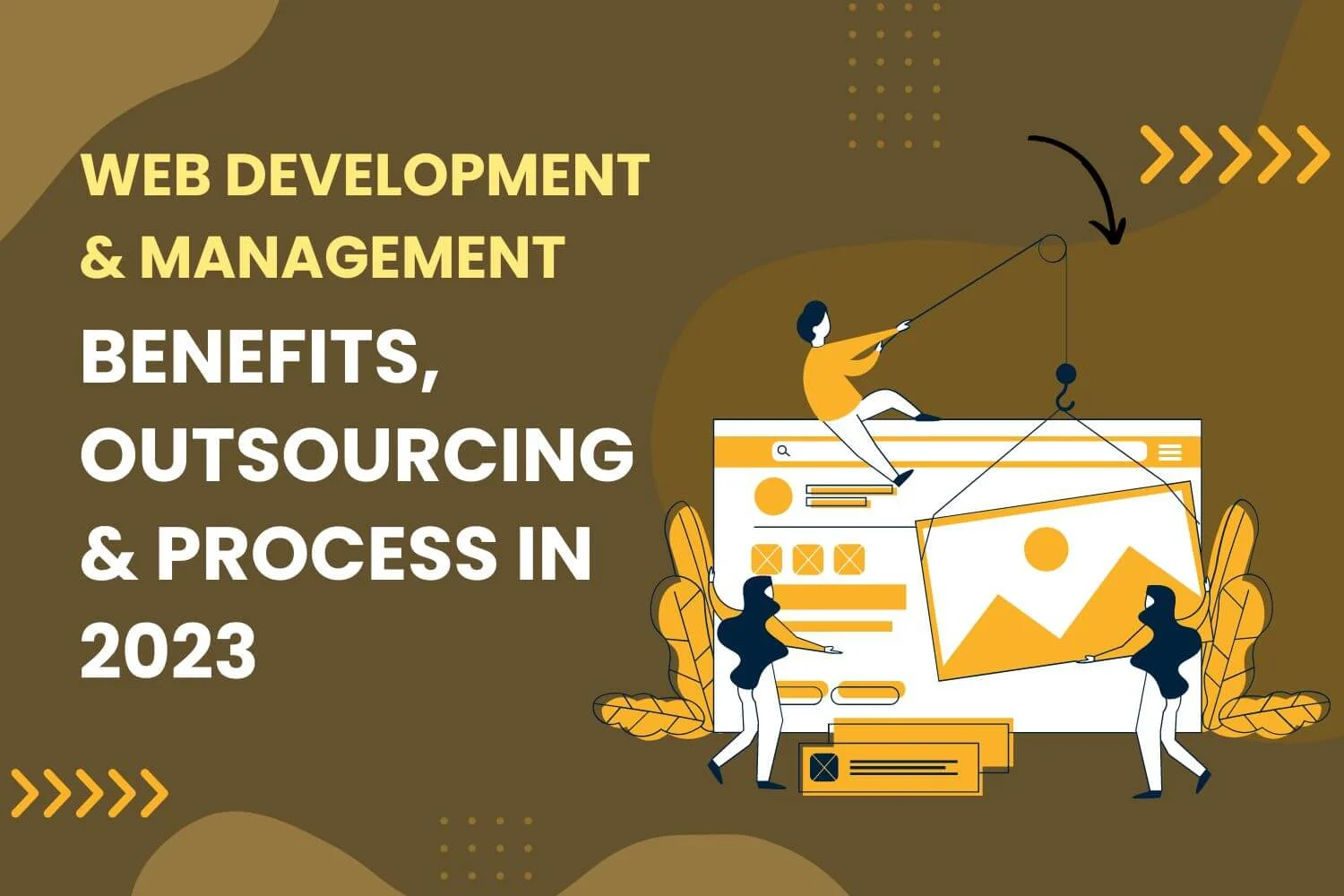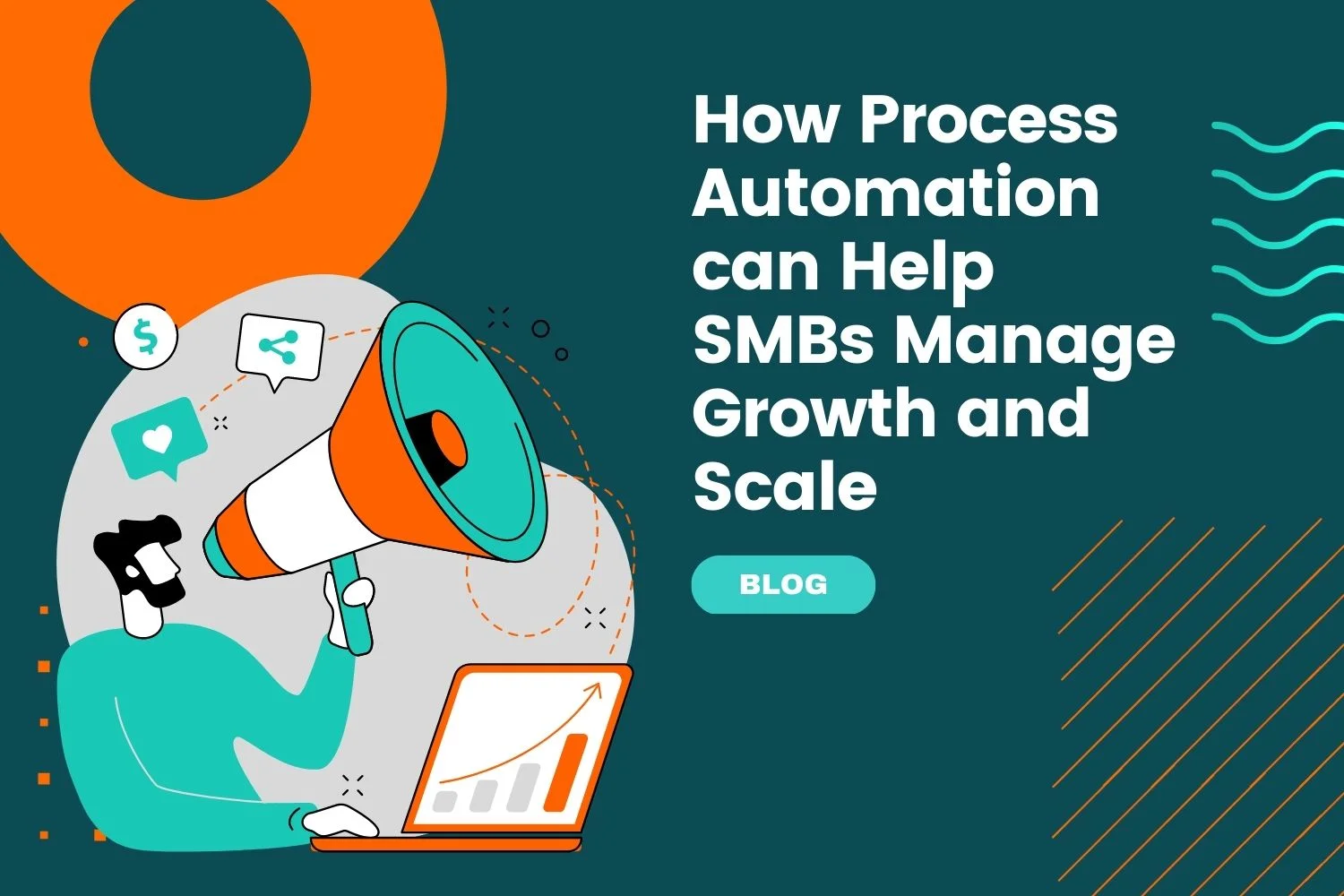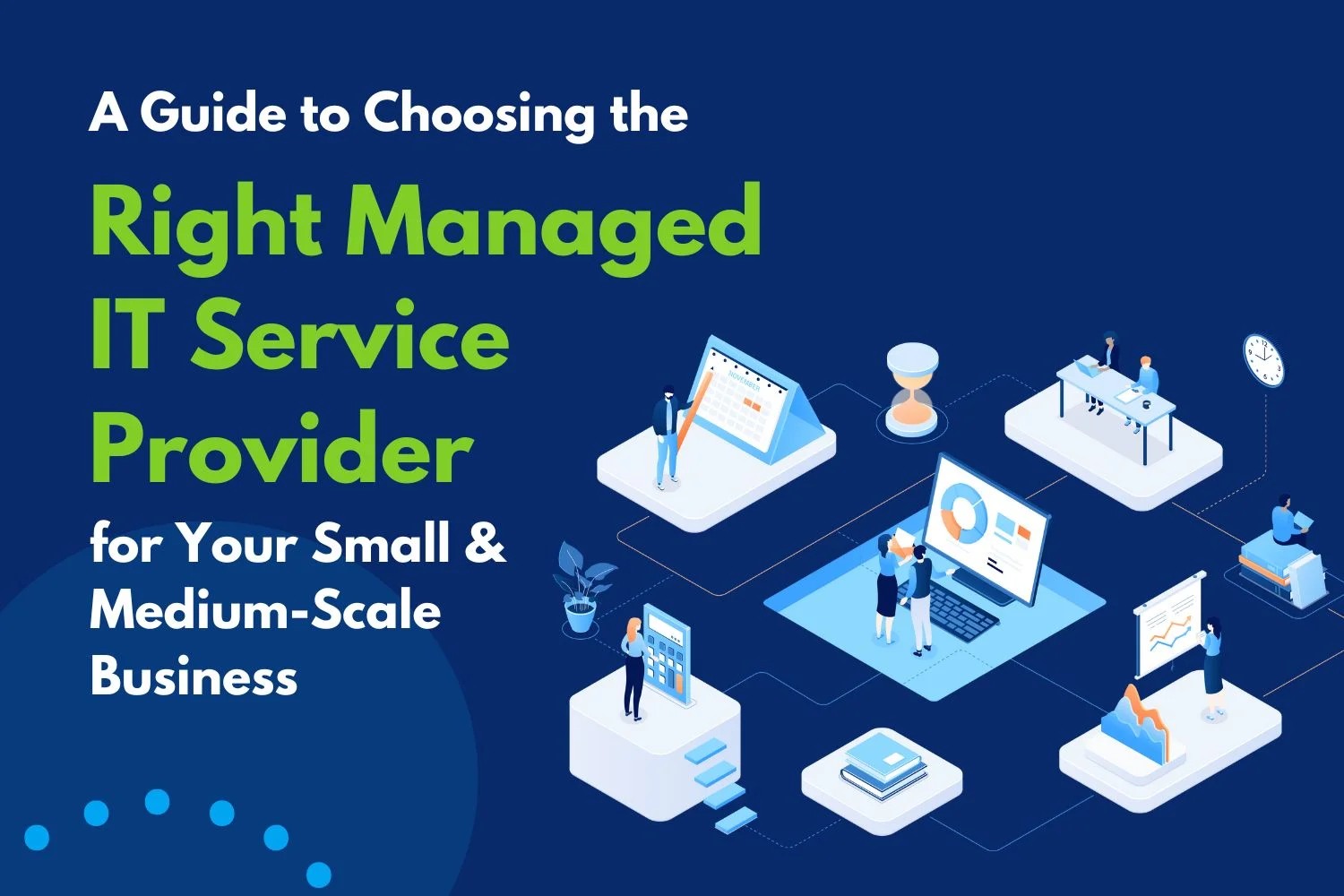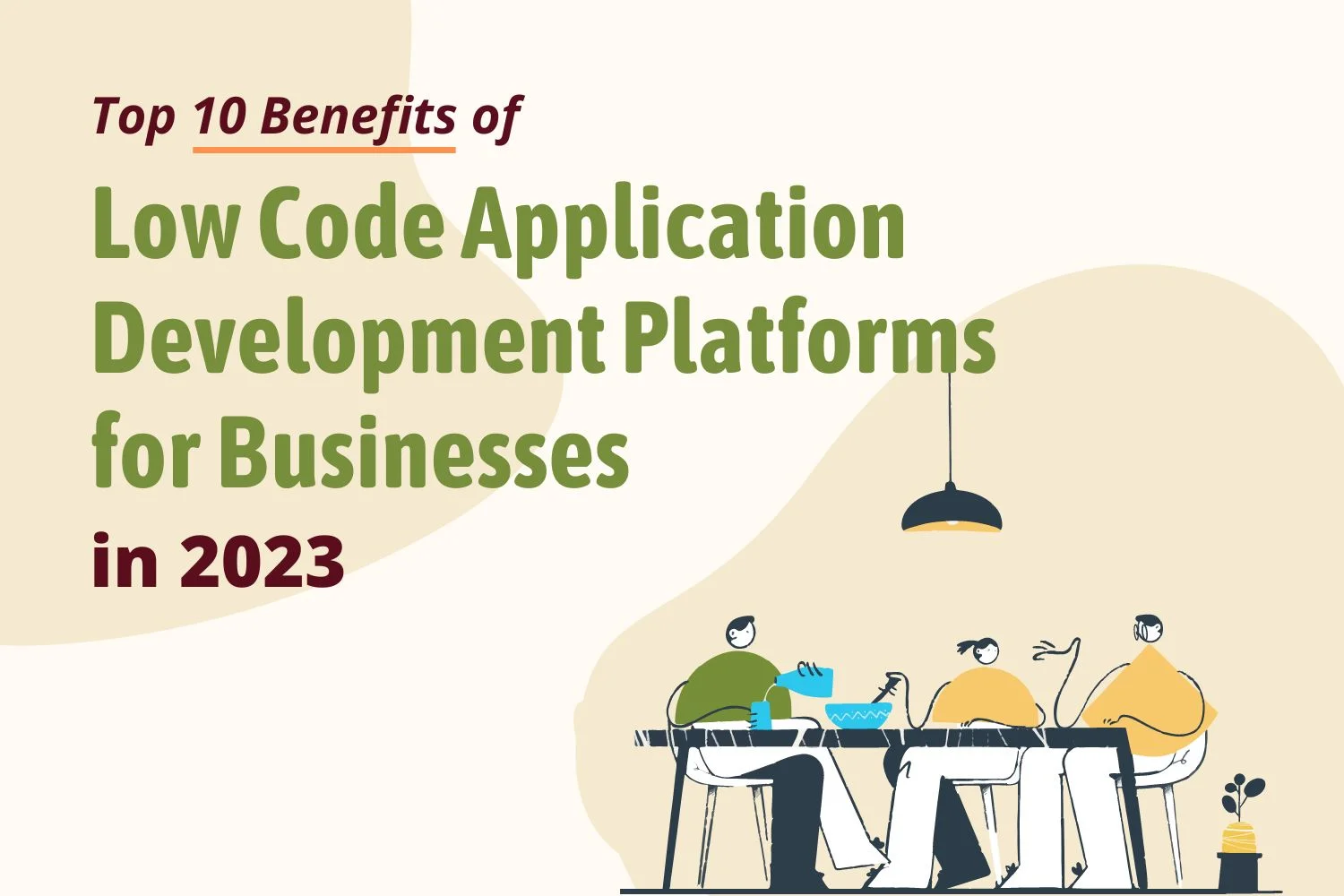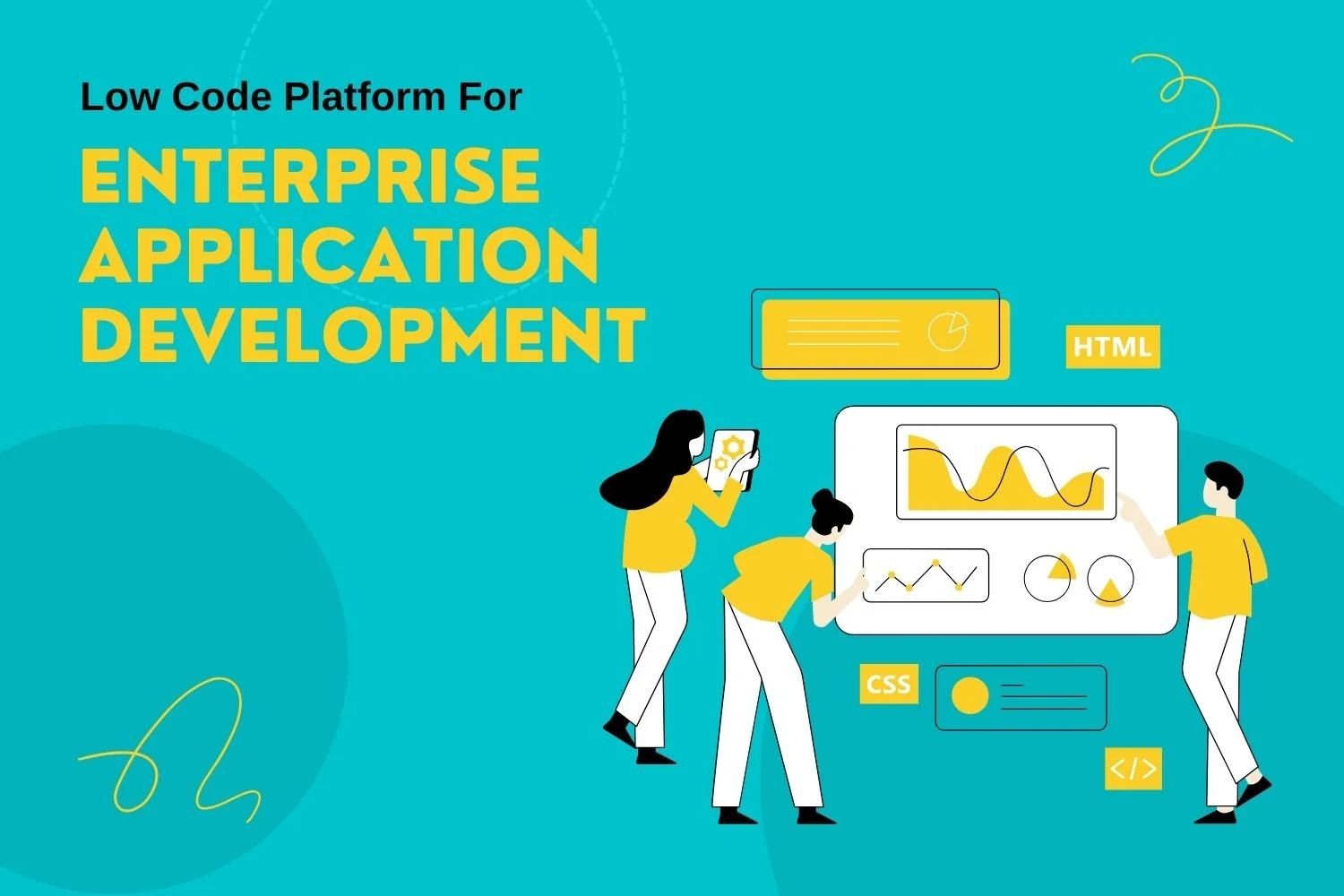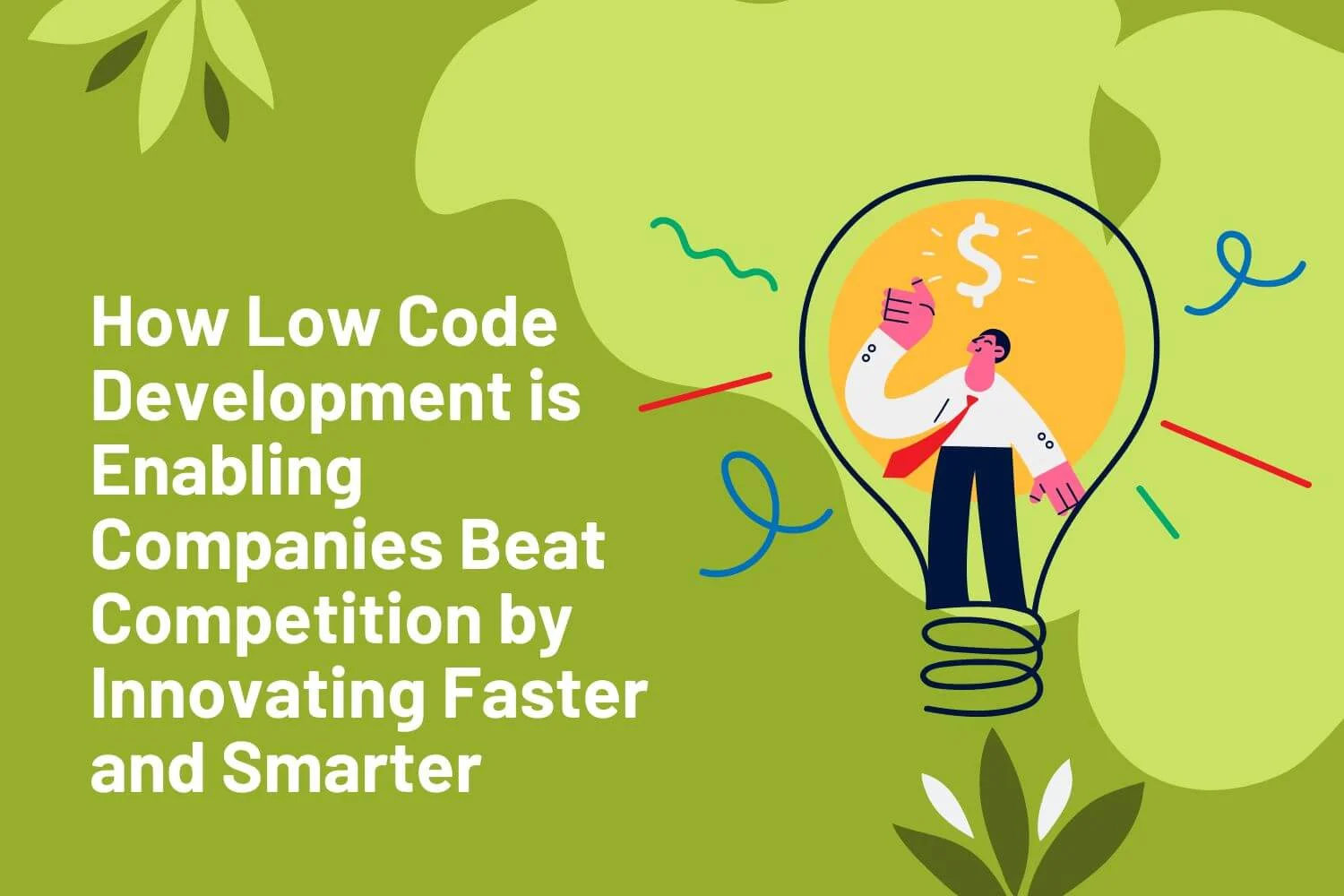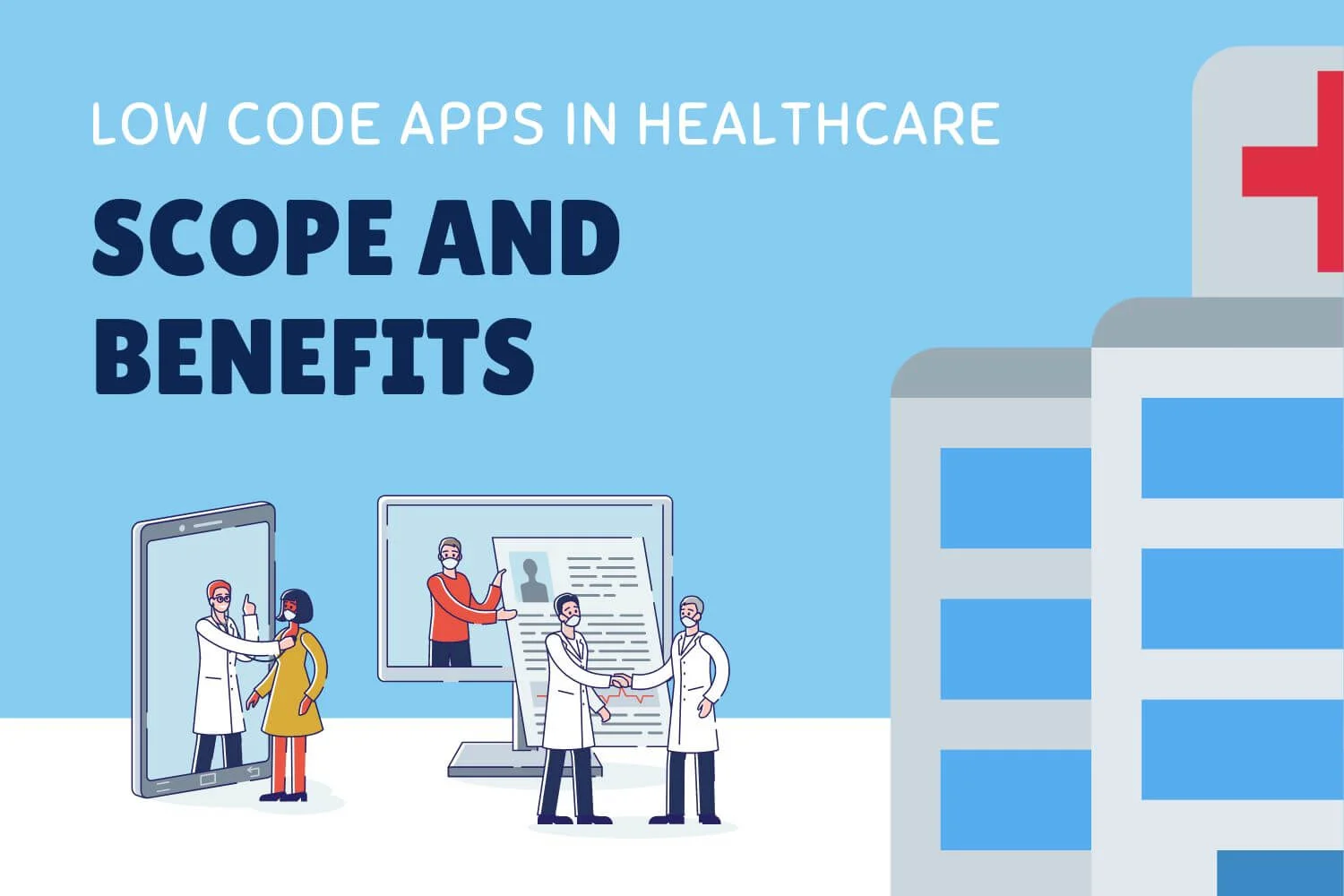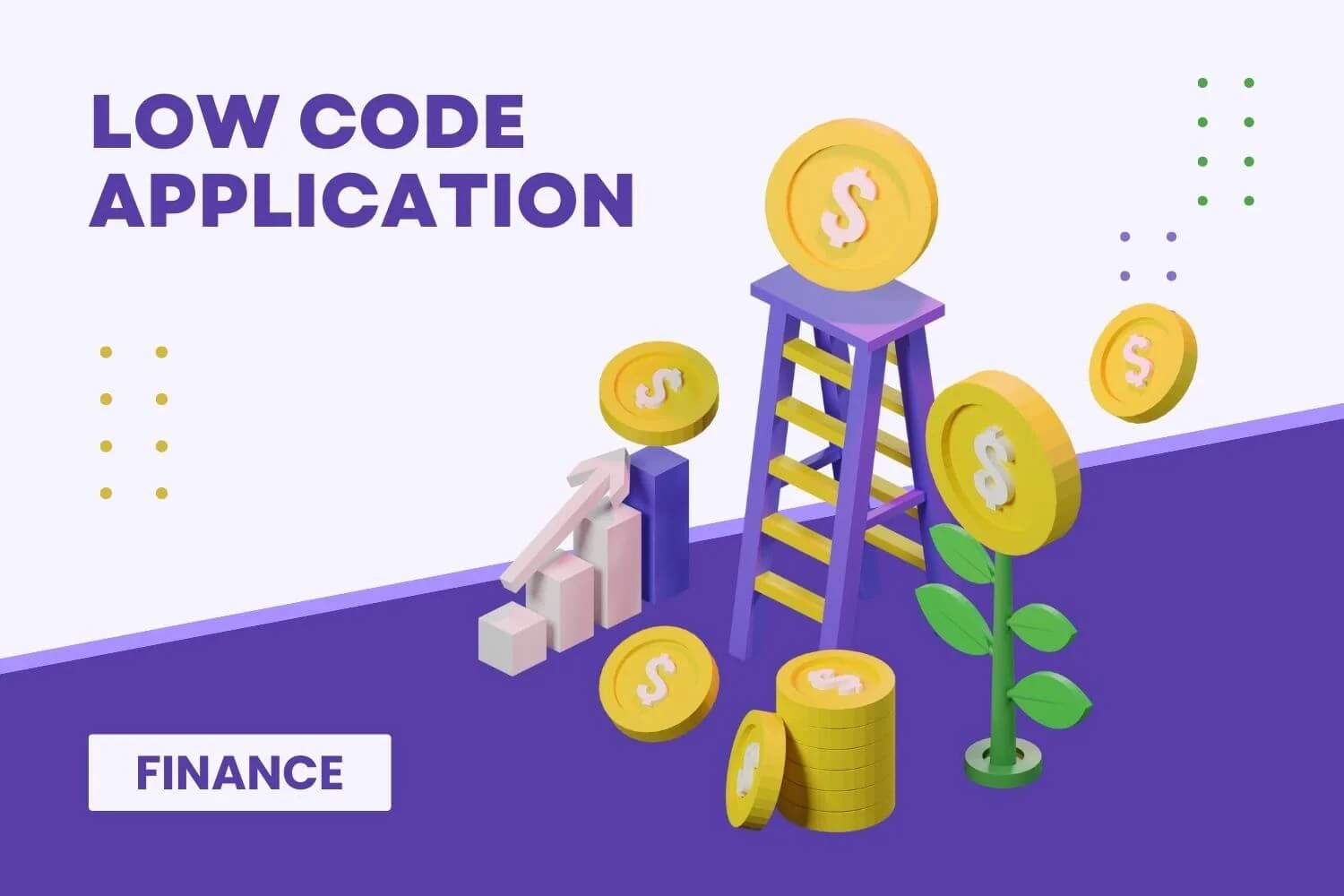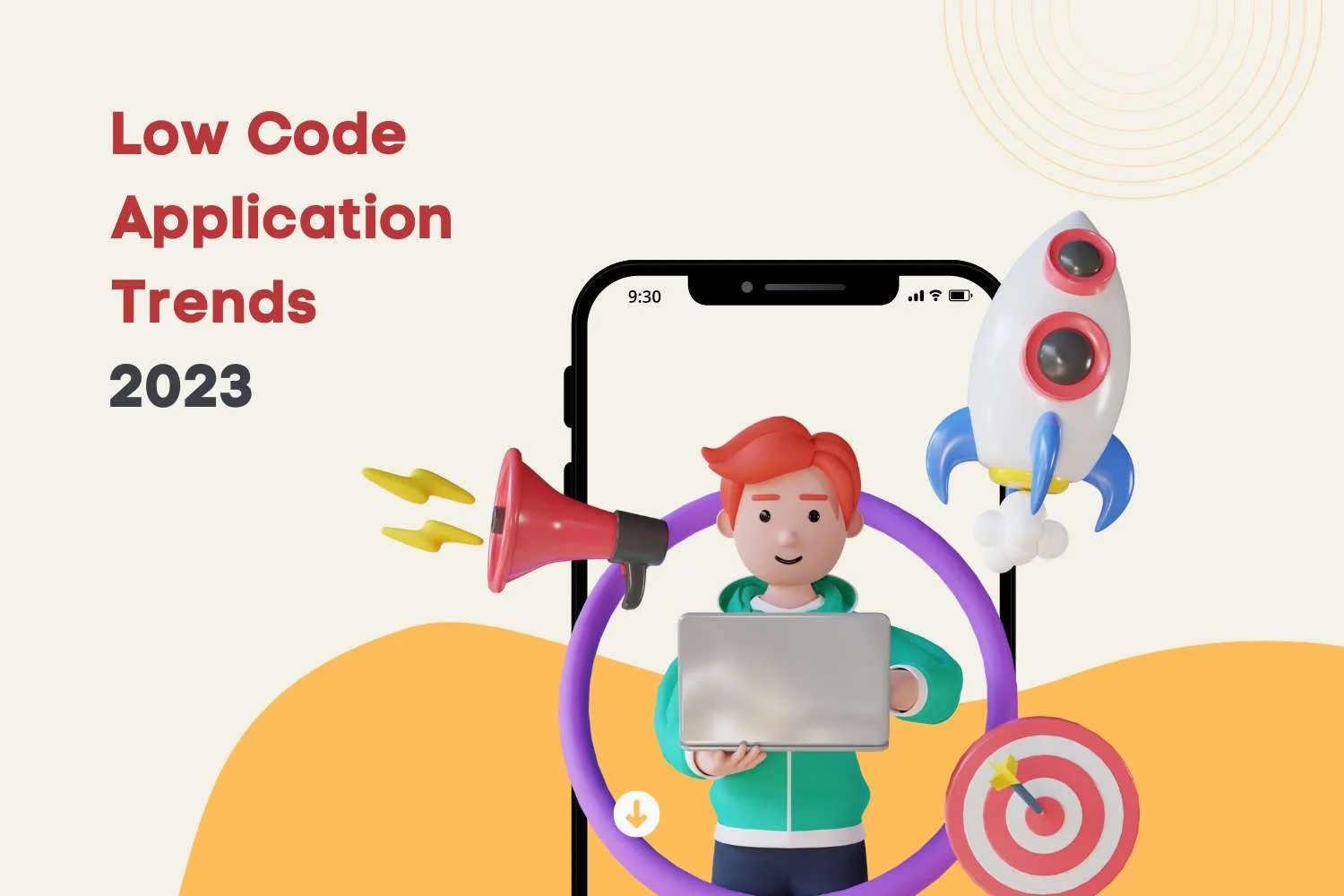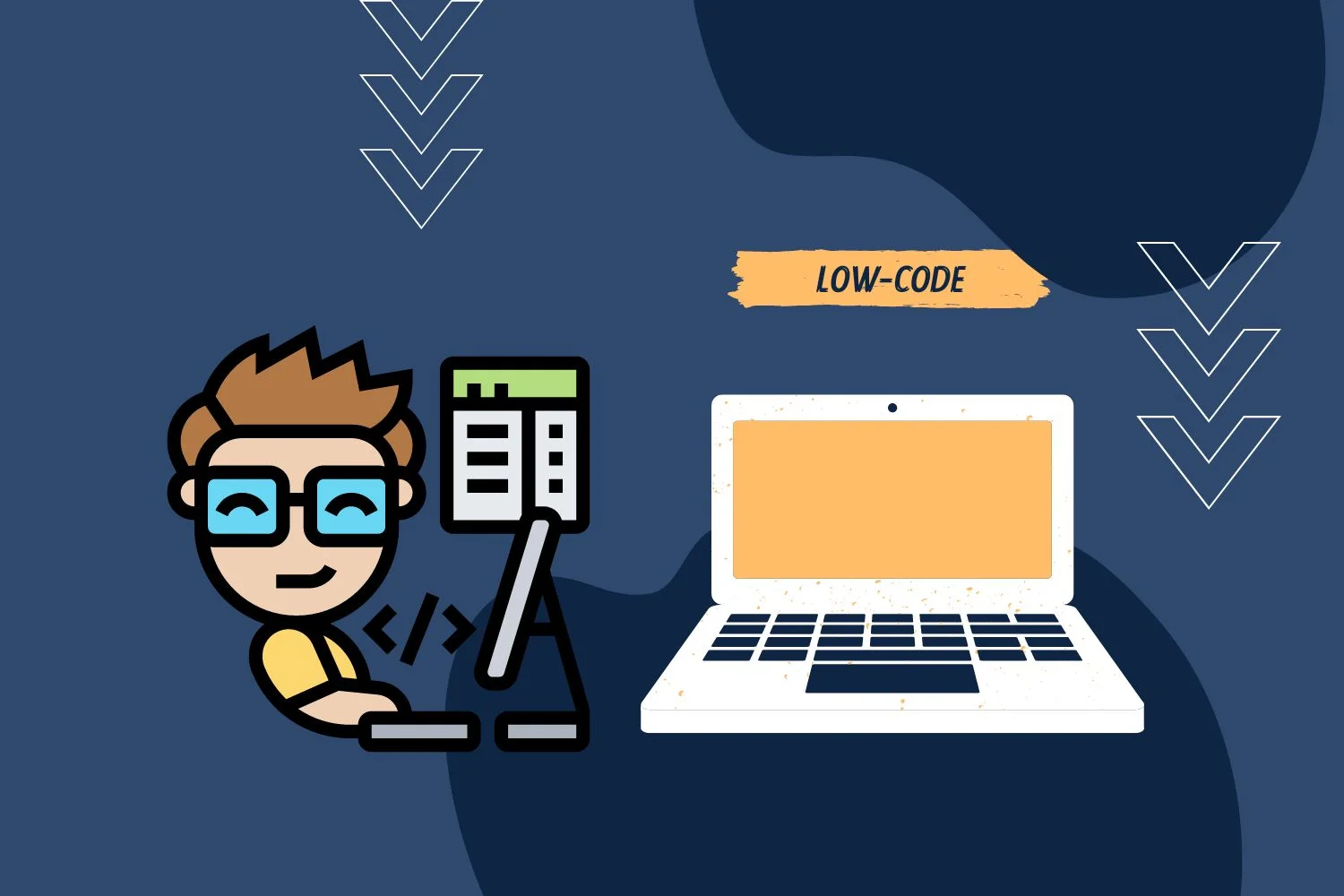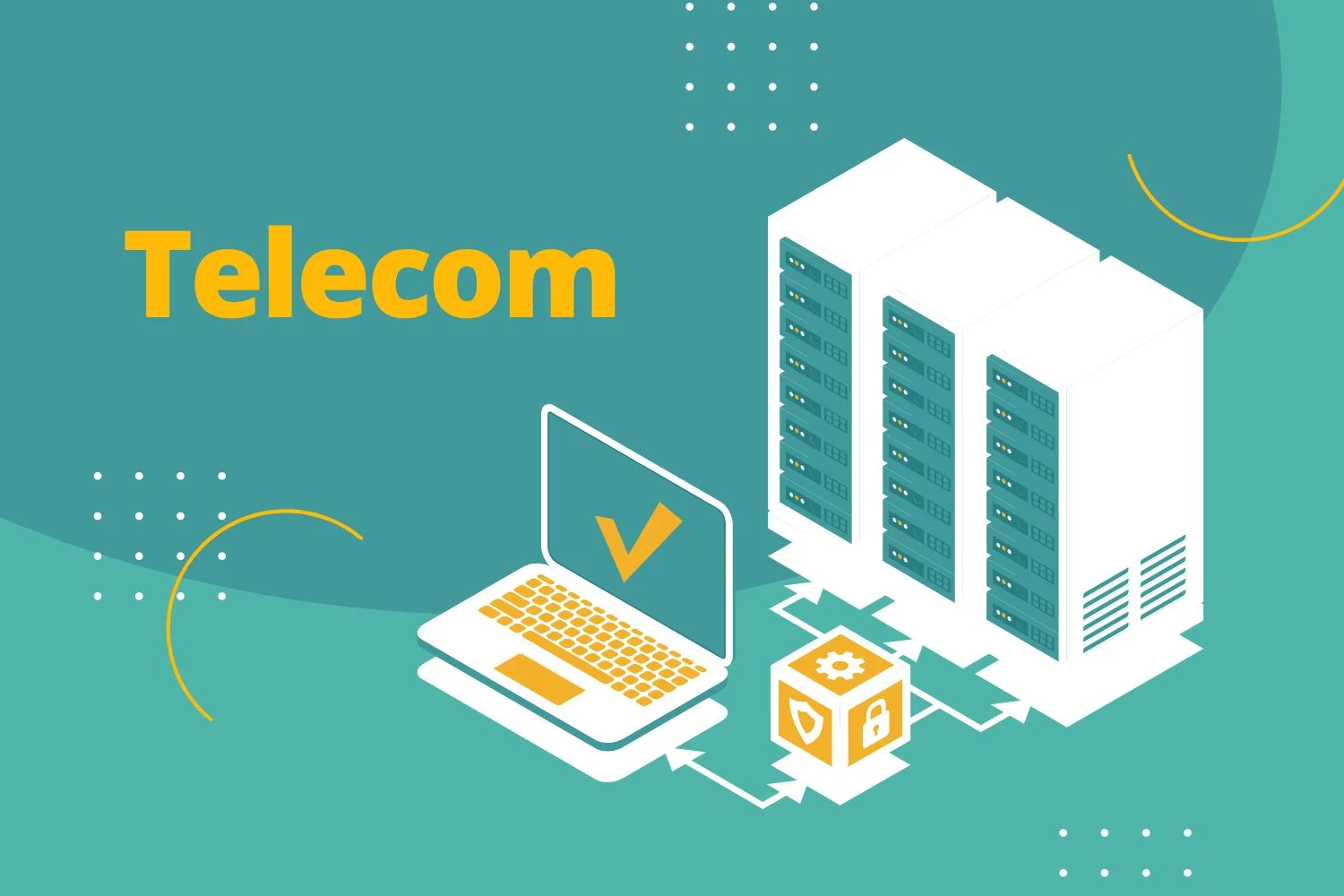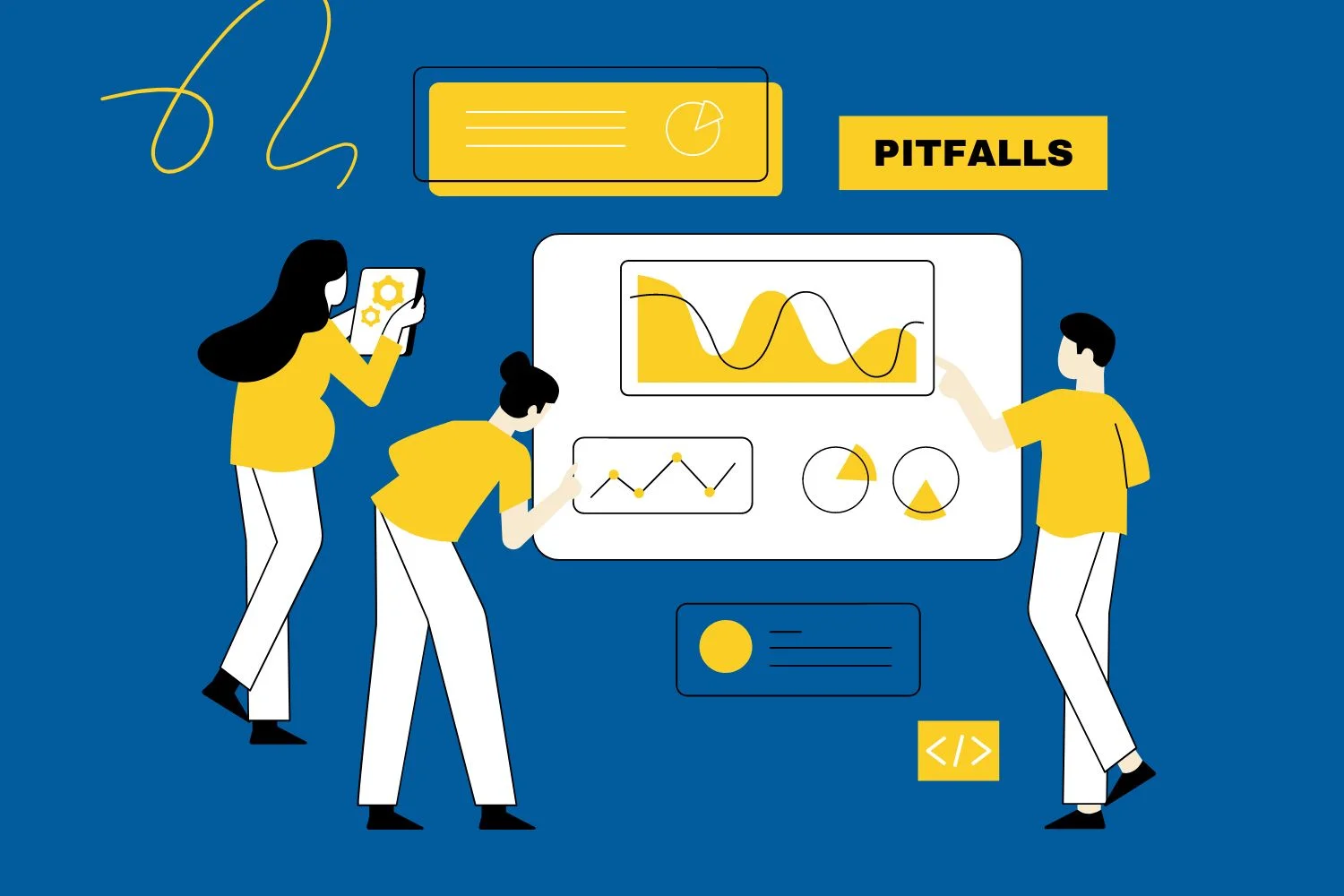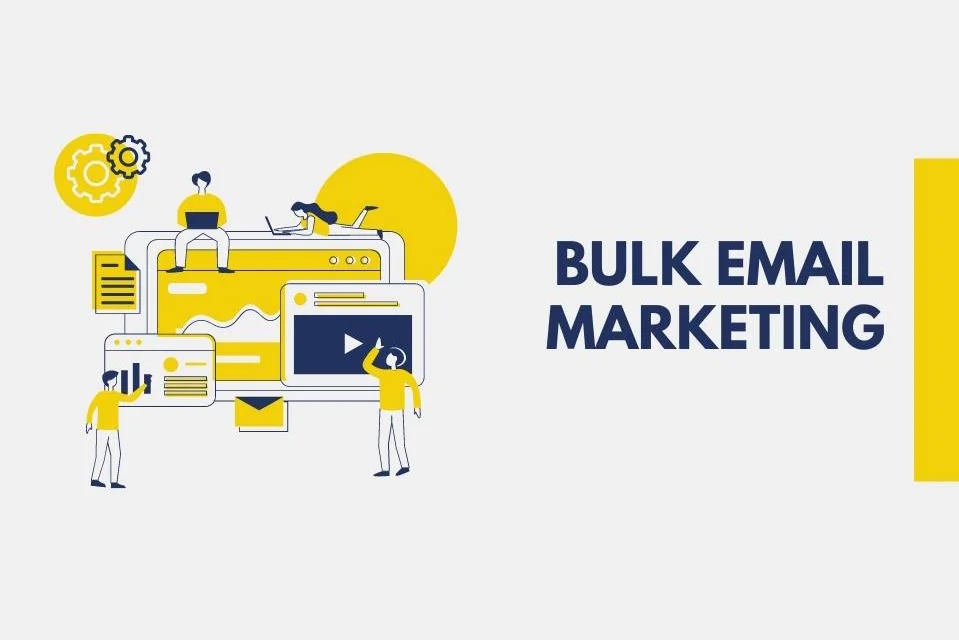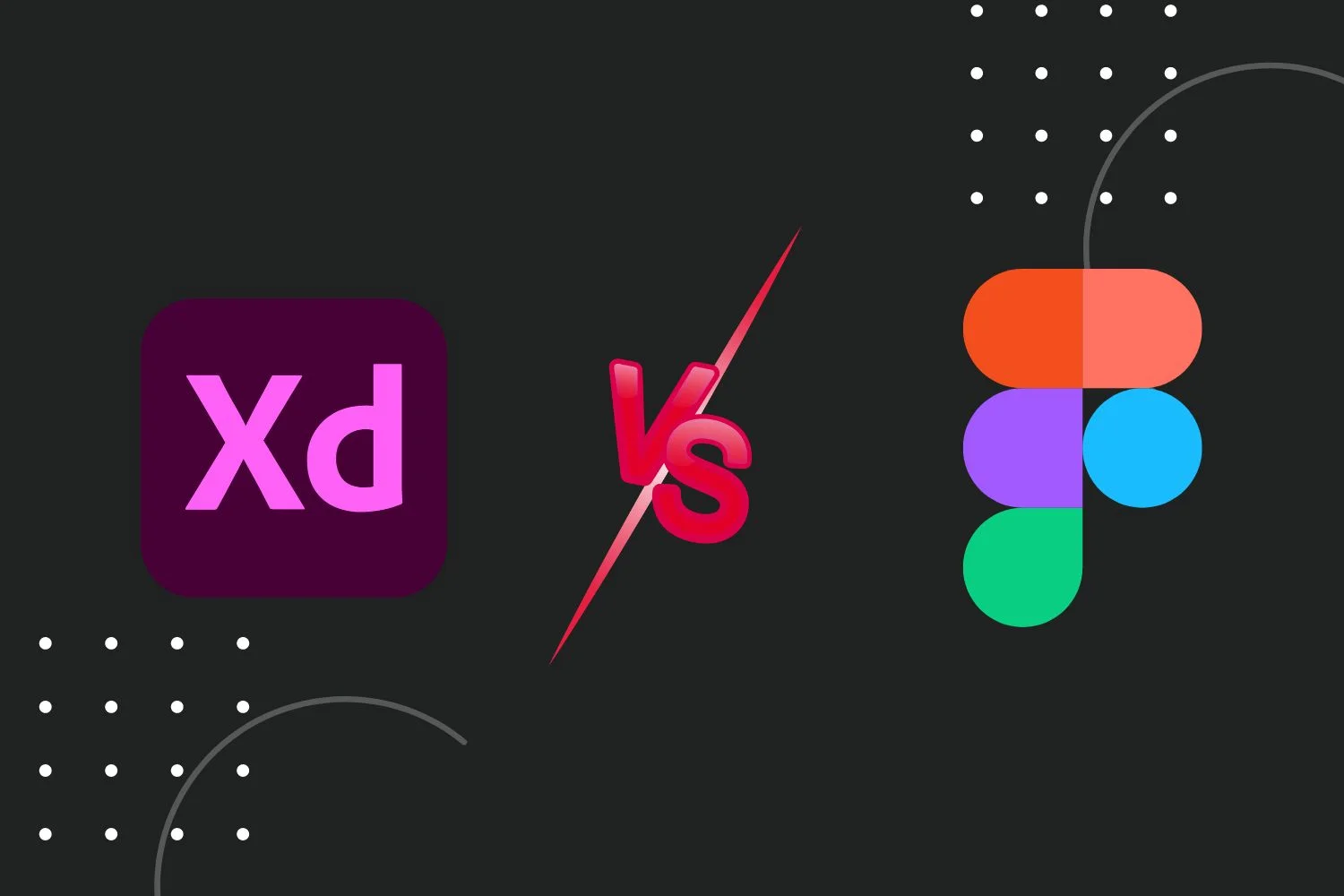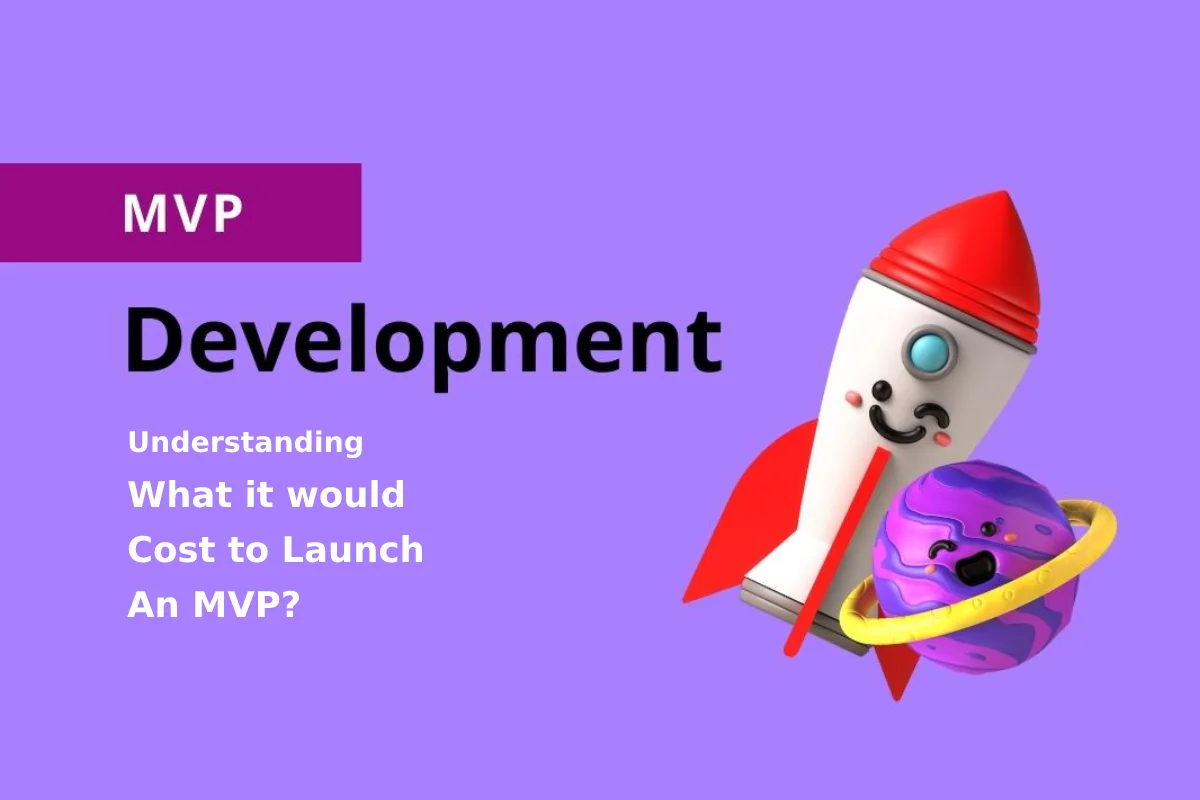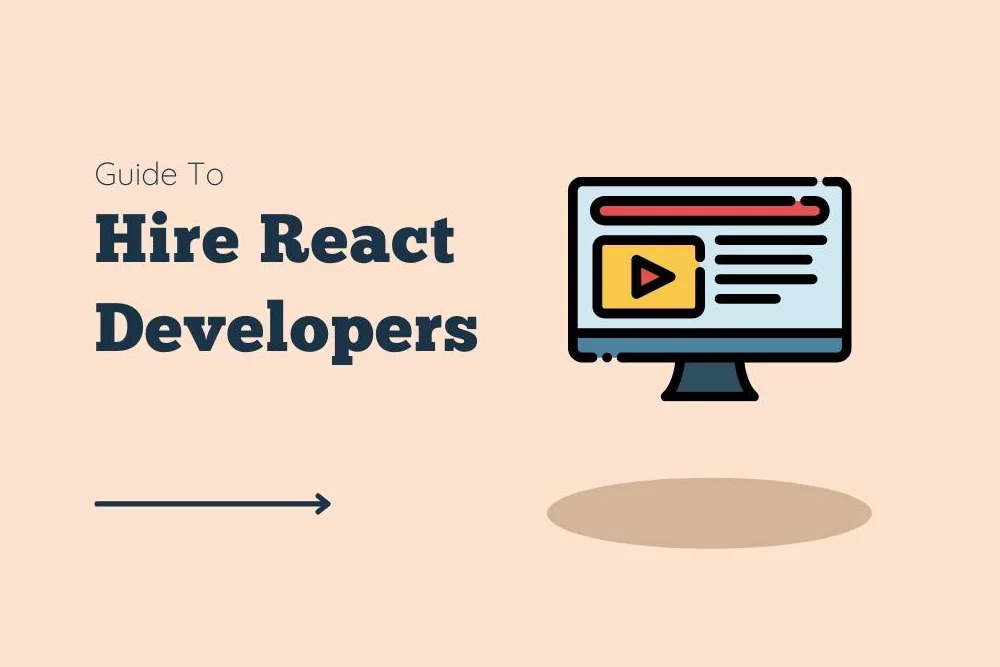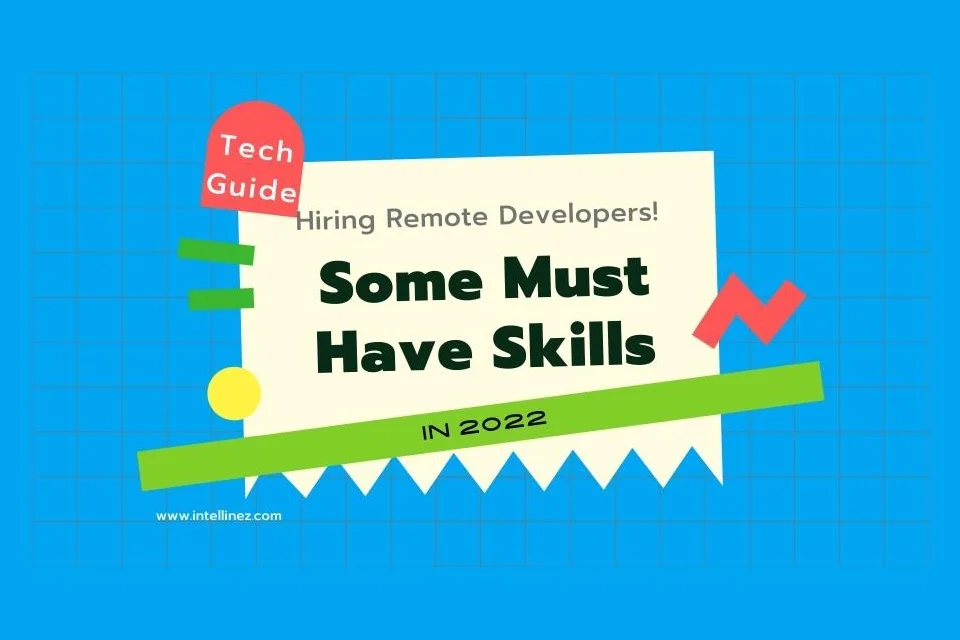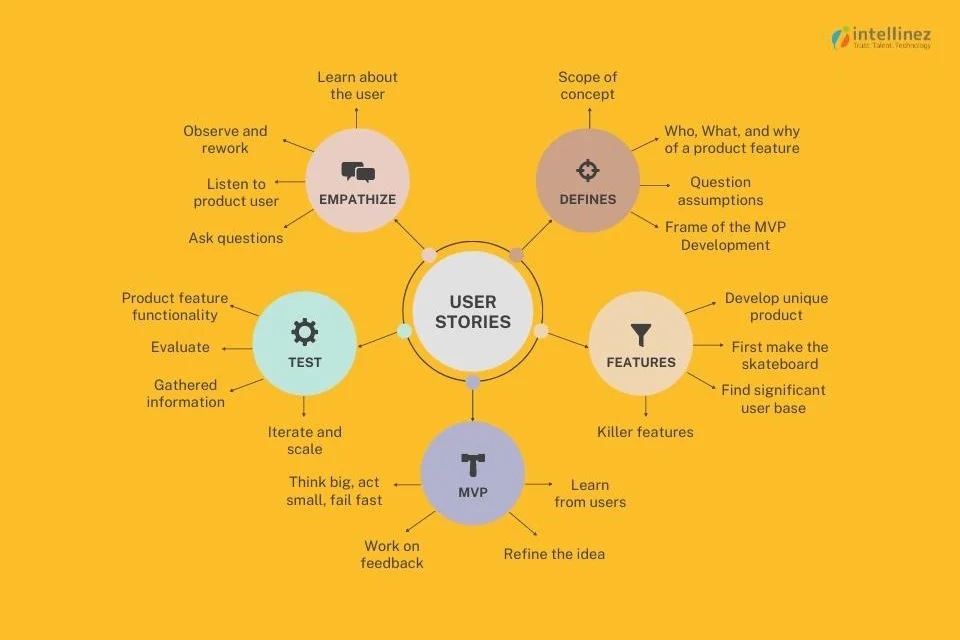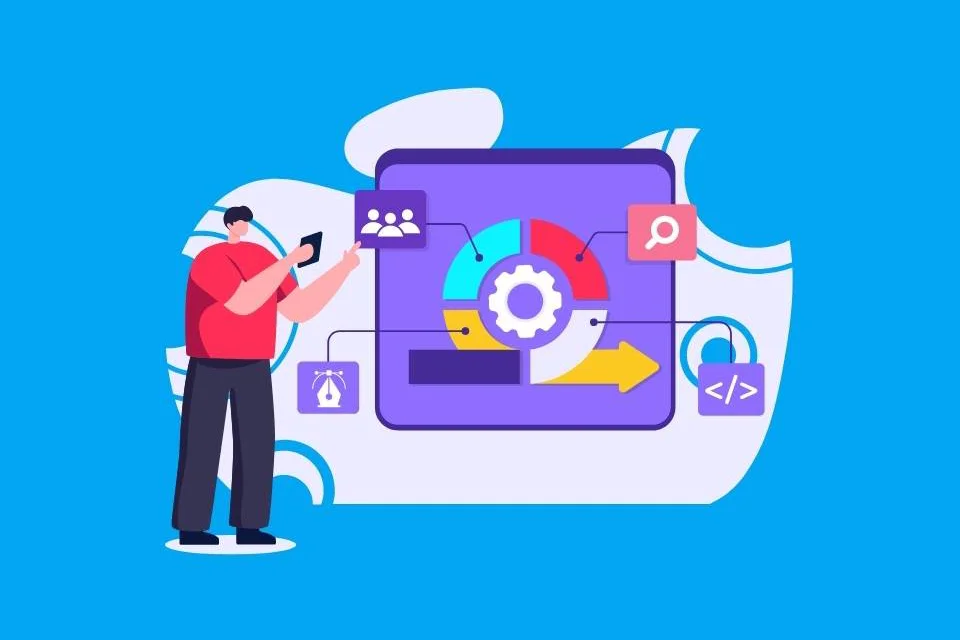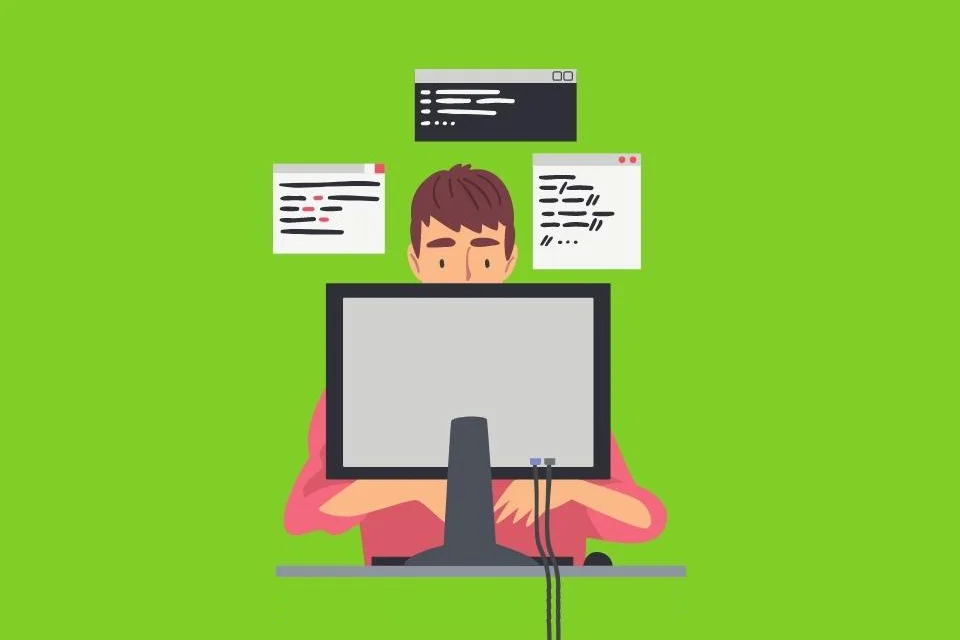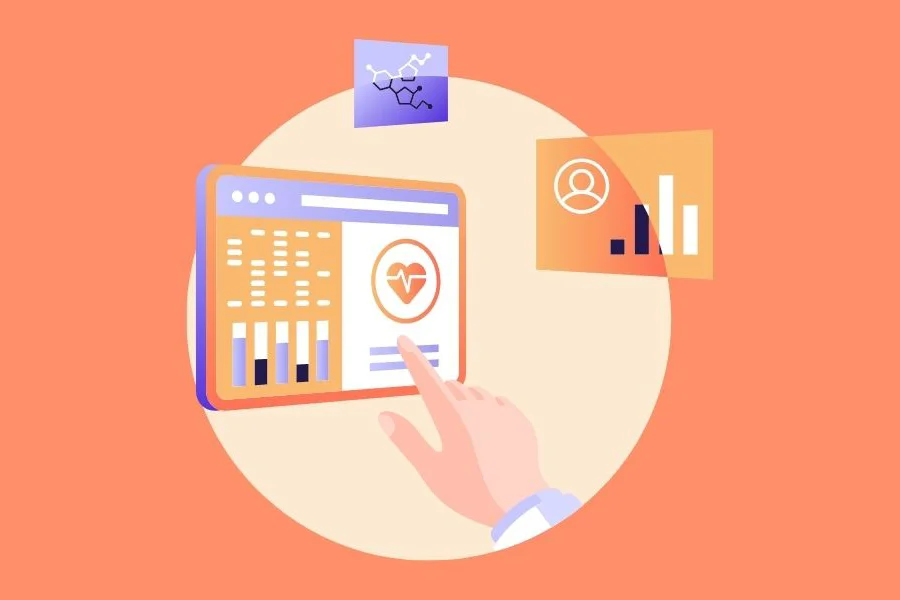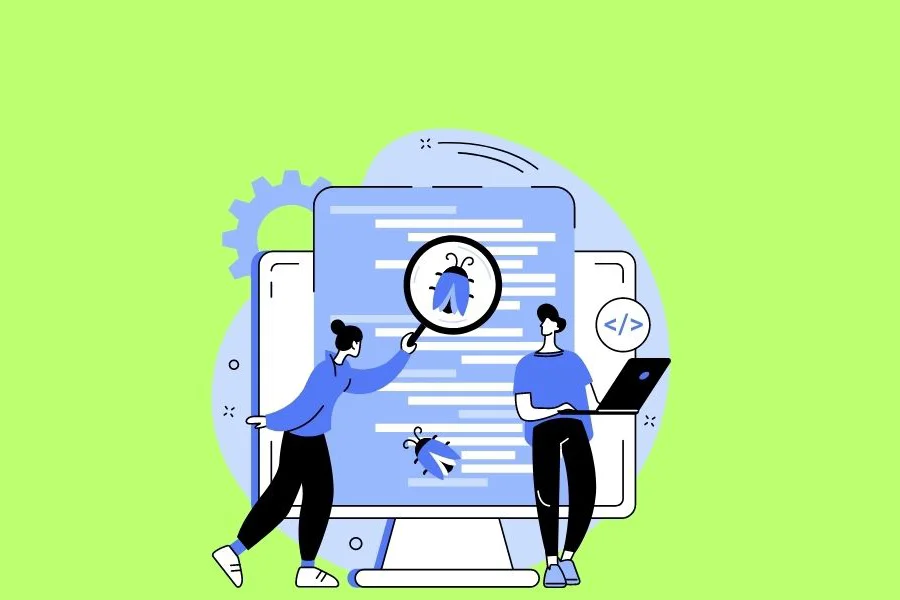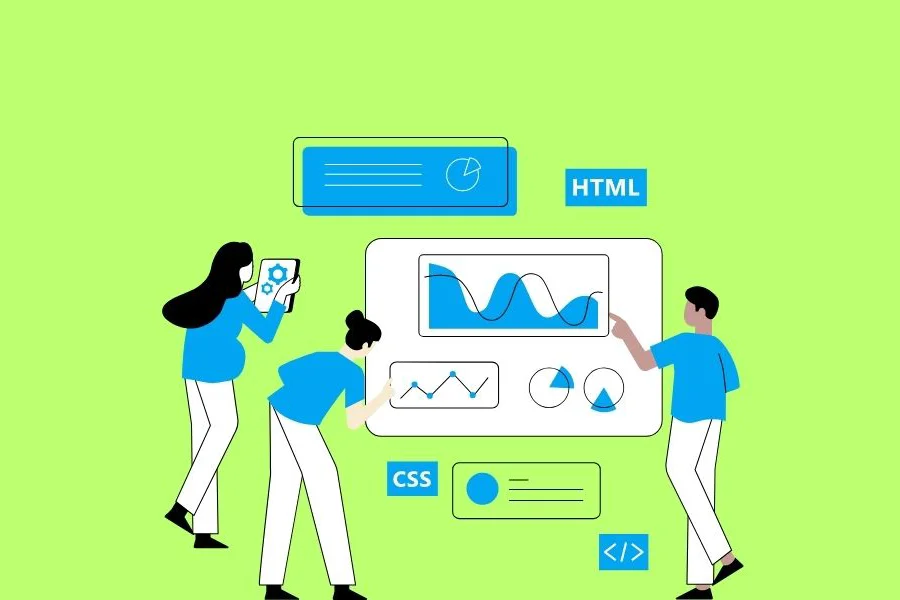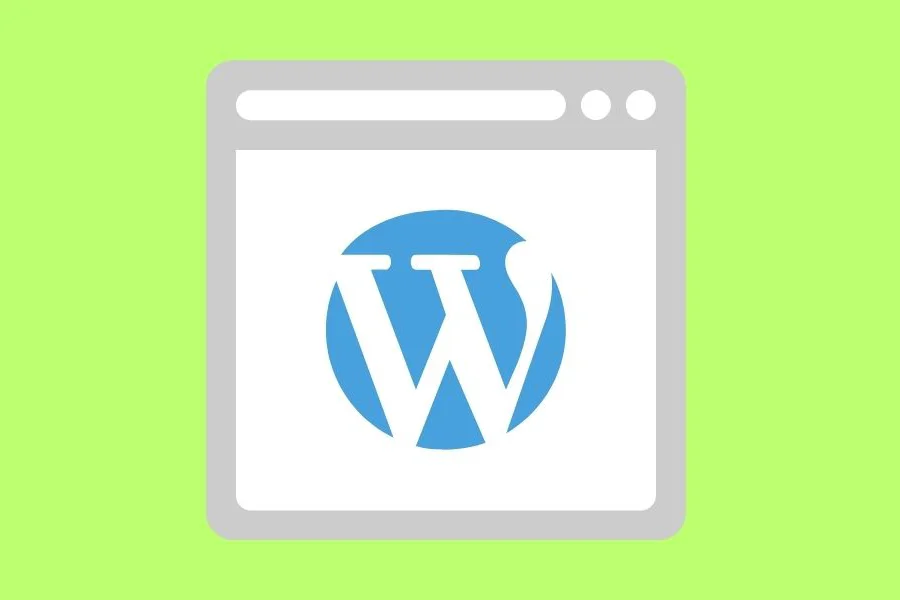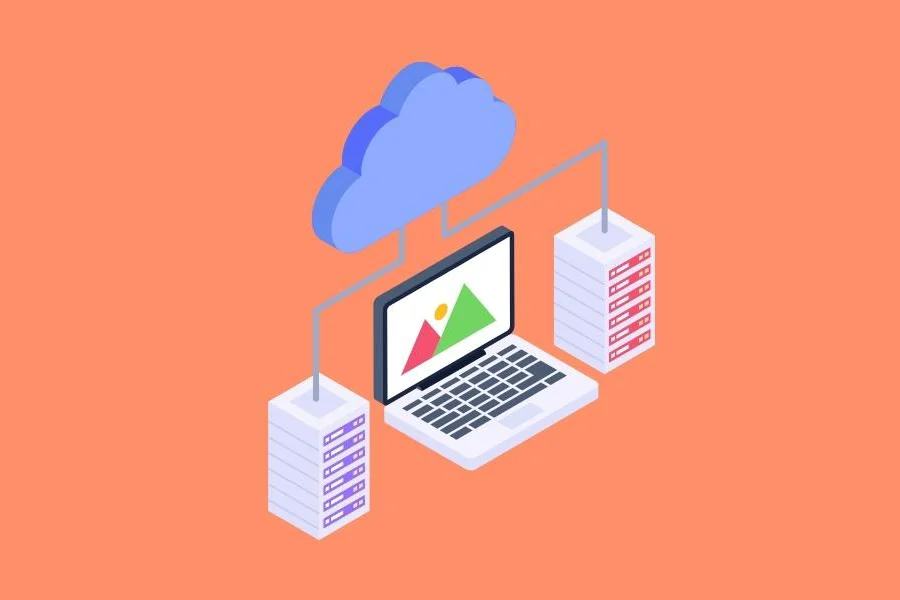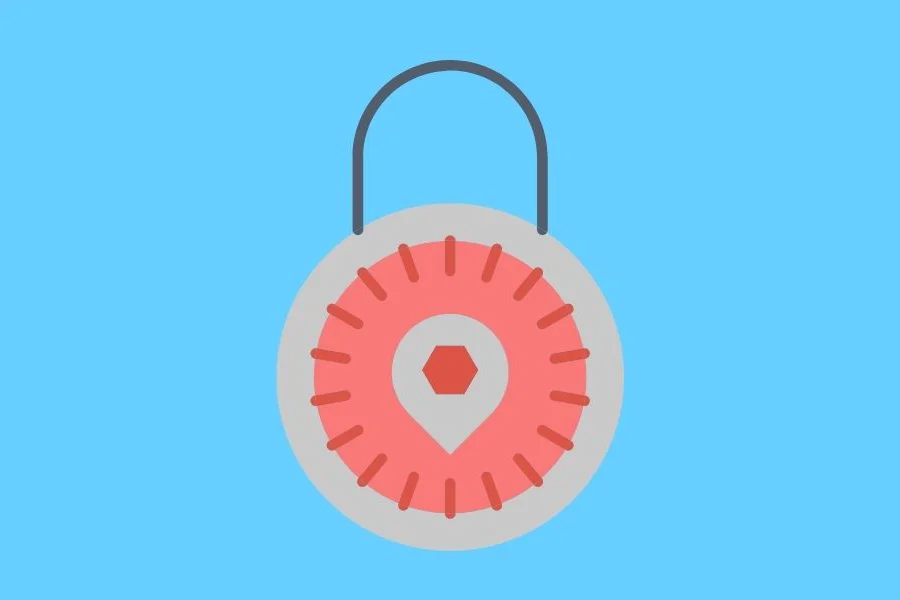- Administrative data entry
- Infection control
- Customer service and remote care
- Optimize the digital data landscape
- Records management
- Streamline the revenue cycle (U.S. providers)
- Billing and processing
- Improve decision-making with accurate utilization management
- Streamline patient screening and diagnostics for improved outcomes
- Manage and schedule patient appointments
- Prior Insurance Authorization
- Budget Estimation
- Insurance Verification
- Claims Management
RPA in healthcare has become the need of the hour due to the ongoing medical scenarios. There has not been a more raging discussion than the crumbling healthcare system of the world during the pandemic. Even the most advanced facilities succumbed to the pressures of highly uncontrollable infection that engulfed millions of lives. Technology enterprises, on the other hand, foresaw it as an opportunity to innovate and fill the gaps with intelligent automation.
As a result, healthcare entities, no matter how small or large, are embracing automation solutions with a vision to lessen delays, minimize errors and thus deliver in-the-moment qualitative services. Among many, Robotic Process Automation RPA systems are leading the pack.
Gartner reports that “50% of healthcare providers will be investing in robotic process automation in the next three years”. Furthermore, Healthcare providers are caught in a perfect storm of shrinking payments, improving outcomes, enhancing the experience and bolstering credentials. Therefore, any technology implemented to help these providers improve delivery and streamline operations must also optimize costs.”
However, intelligent automation cannot be achieved when a technology operates independently but can be attained when combined with insights.
Traditional digital process automation is one way to attain partial automation or via process orchestration. Also, intelligence automation occurs when process mining connects with DPA, RPA and AI. Without these aspects, the process cannot be optimized or won’t become efficient.
While healthcare organizations are bullish on RPA’s potential, many struggle internally to scale programs beyond pilot projects. For that reason, a growing number of healthcare leaders are partnering with intelligent automation experts like Perficient that also offer deep healthcare expertise.
What are the Use Cases of RPA in Healthcare?
The Healthcare industry deals with highly-sensitive customer information on an everyday basis. Unfortunately, the industry indulges in various time-consuming, repetitive, and administrative tasks that don’t require specialized knowledge. Robotic process automation can make the entire process automated for the organization, including front-office, operational process, patient interaction and bill payment.
Administrative data entry
No matter administrative data, entry is repetitive and does not require specialised skills; it is still an important function. The large volume of work often creates insufficiencies in the expected outcome. Until now, the process is mostly manual and involves large teams. Subsequently, quality check is a cumbersome process.
With RPAs, Natural Language Processing (NPAs), speech recognition, image recognition can gather data inputs from multiple sources. They can further be converted into structured data using bots. Next, the data is fed to the organizational database. The overhauling process is fast, efficient and error-free.
Infection control
Infection control is a vital practice adopted by healthcare facilities that robotic process automation can automate optimally. It comprises the following activities:
- Handling triage tasks
- Protocols are tracked and screened mainly for regulatory compliance and CDC protocols
- Keeping track of inventory with patient flow
- Monitoring patient care plans and generating awareness among the staff as per patient data thresholds
Customer service and remote care
In the healthcare sector, customer (patients) inquiries are often urgent and should be attended on priority. Since this is highly sensitive, robotic process automation can be helpful in automating basic conversation so that the human resources are left with critical communication only. Therefore, all types of first-line calls, website form inquiries, chatbot inquiries and outbound updates to patients, staff and administration can be performed seamlessly.
Apart from managing inquiries, other repetitive tasks such as remote care, automation backed online consulting, fetching patient records and answering repetitive patient questions are other instances. Not to miss, robotic process automation also perfect all follow-up communications for remote-care, and perform custom tasks based on the business rules for patient care plans.
Optimize the digital data landscape
Implement robotic process automation to ensure end-to-end digitization of patients across the healthcare system landscape. This includes updating all historical data as per the new system patterns and policies. Robotic process automation ensure that the records are accurate, up to date, and easily accessible.
Robotic process automation can use intelligent document processing (IDP) to prepare and ingest documents — related to anything from health records to insurance claims — into a larger repository for storage or use.
Records management
The healthcare segment adopts stringent practices and takes matters like patient reports, medical records and sensitive information very seriously. Therefore, regulatory compliance is measured against accuracy, consistency and record protection, and robotic process automation in healthcare provides everything.
Streamline the revenue cycle (U.S. providers)
RPAs are instrumental in minimizing the risk due to inefficient claims management. Issues like inconsistent or missing patient information, false insurance claims, ambiguous data entries etc. incur millions of dollars in data management costs to healthcare entities in the US. Robotic process automation resolve this through proactive account updates and improved data management.
Billing and processing
Tasks like billing and claim processing take place now and then. The entire process can be automated using RPA, where bots take care of claim management, first-line inquiries or follow-ups.
Improve decision-making with accurate utilization management
Optimal utilization of systems and resources abbreviates management costs and ensures qualitative patient-care decision making. robotic process automation, using intelligent automation, elevate the accuracy and turn-around time of assessment.
Streamline patient screening and diagnostics for improved outcomes
Test facilities at various healthcare facilities such as clinics, labs, institutions, and hospitals can implement robotic process automation to ensure efficient, accurate and productive patient management outcomes. Not to miss, all of this while mitigating risk.
Manage and schedule patient appointments
Appointment scheduling and management can benefit from automation using robotic process automation bots and other processes to interact with customers. It’s also possible to schedule, change, cancel or update patent appointments as needed or requested.
Prior Insurance Authorization
AI enabled robotic process automation submits authorization requests for procedures, automated patient communication, covers all modules and auto-schedules the overarching process.
Given the dependency of insurance authorization submissions on coding, AI can identify and rectify insufficiencies occurring due to manual errors.
Next, it enables electronic approval requests covering special lab tests and other treatment authorizations. This covers cost to the patient, and an auto-generated response communicated to the patient.
Budget Estimation
Patients can seek the closest expected expenditure of the treatment in advance. They get to know the cost of the procedures, treatments, payment mechanisms, EMI plans if any, insurance integration etc. immediately.
Insurance Verification
RPA enabled processes tracks, requests, and follows-up on patient appointments, delays, or cancels if any. Furthermore, the information on cost to the patient, deductions, insurance coverage details etc. is generated automatically. This provides a better and up-front visibility of the patient data landscape.
Claims Management
RPAs, as discussed above, can automate claims and workflow management. Using bots and AI enabled apps; robotic process automation streamline denial communication, resubmission, and predicting cost estimations based on historical data. Not to miss, it automates revenue collection using a workflow that does fund recovery without any manual intervention.
These are just a few of the administrative processes in a healthcare setting that benefit from the use of RPA to reduce manual intervention, repetitive tasks and human error to ultimately reduce costs and improve patient care and the patient experience.
Let’s Do a Real Use Case Analysis
Let’s take an example of a hospital that uses robotic process automation to reduce costs, increase process efficiency, and improve the patient experience. Let’s see how we can apply robotic process automation tools to improve operational efficiencies for a hospital.
There are so many uses for RPA in healthcare. Focusing on a few that could yield financial gains is a good start for any organization.
Generic Hospital X has a lot of overhead administrative costs and attributes 30% of those costs to addressing errors and delays in manual processes. The hospital needs to optimize costs and resources to handle a more significant influx of patients that has grown exponentially because of the COVID-19 surge.
Hospital X evaluated its business processes and identified several that are incurring greater costs than others:
- Prior insurance authorization
- Cost estimates
- Insurance verification and benefits denials
- Claims management and accounts receivable
Each of these processes involves several time-consuming manual tasks that demand accuracy to ensure quality patient care.
Using RPA, Hospital X can reduce the manual dependency of each process, reducing the risk of human error and increasing accuracy, thereby reducing costs. In addition, the hospital addressed each of these processes using RPA to automate tasks.
RPA Development in Healthcare
Over the years, Intellinez has performed full-stack implementation for various health-tech projects. With RPAs, we have strengthened our expertise in building smarter and more relevant products that deliver in-the-moment insights for a sector as agile as healthcare. As we step into web3, we are eager to explore possibilities around using AI and Big Data for this line-of-business.
Software Development Services
With Our expertise in Software Development, we can create Custom and Enterprise solutions for multiple platforms ranging from web and mobile to the cloud. We also specialize in SaaS Development, UI/UX services, QA Testing, System Integration and API Development.
















































![A Comprehensive Guide to AWS SaaS Architecture [Diagram Included] 89 Aws SaaS Architecture](http://www.intellinez.com/wp-content/uploads/2024/08/Title-image.jpg)

